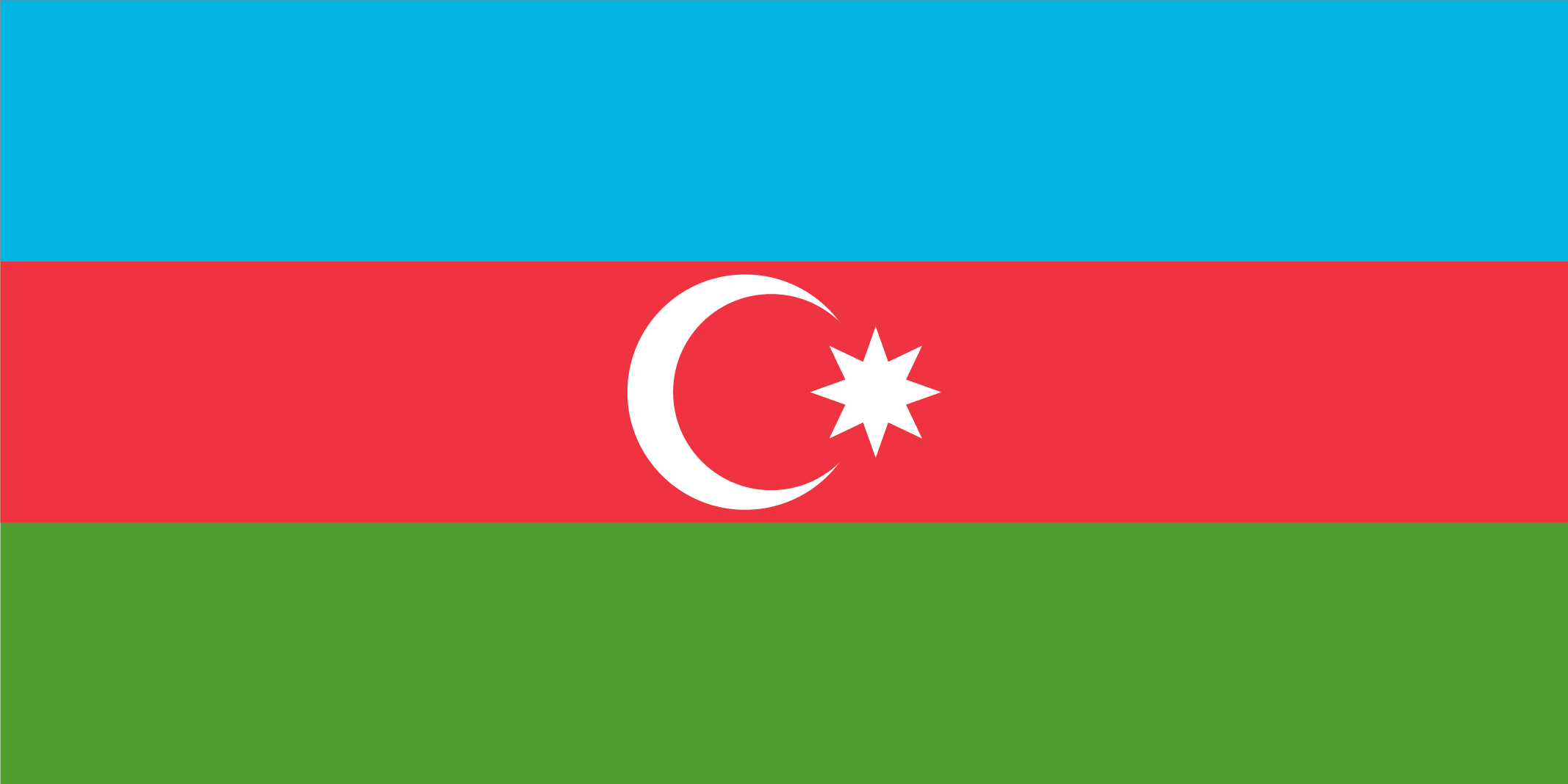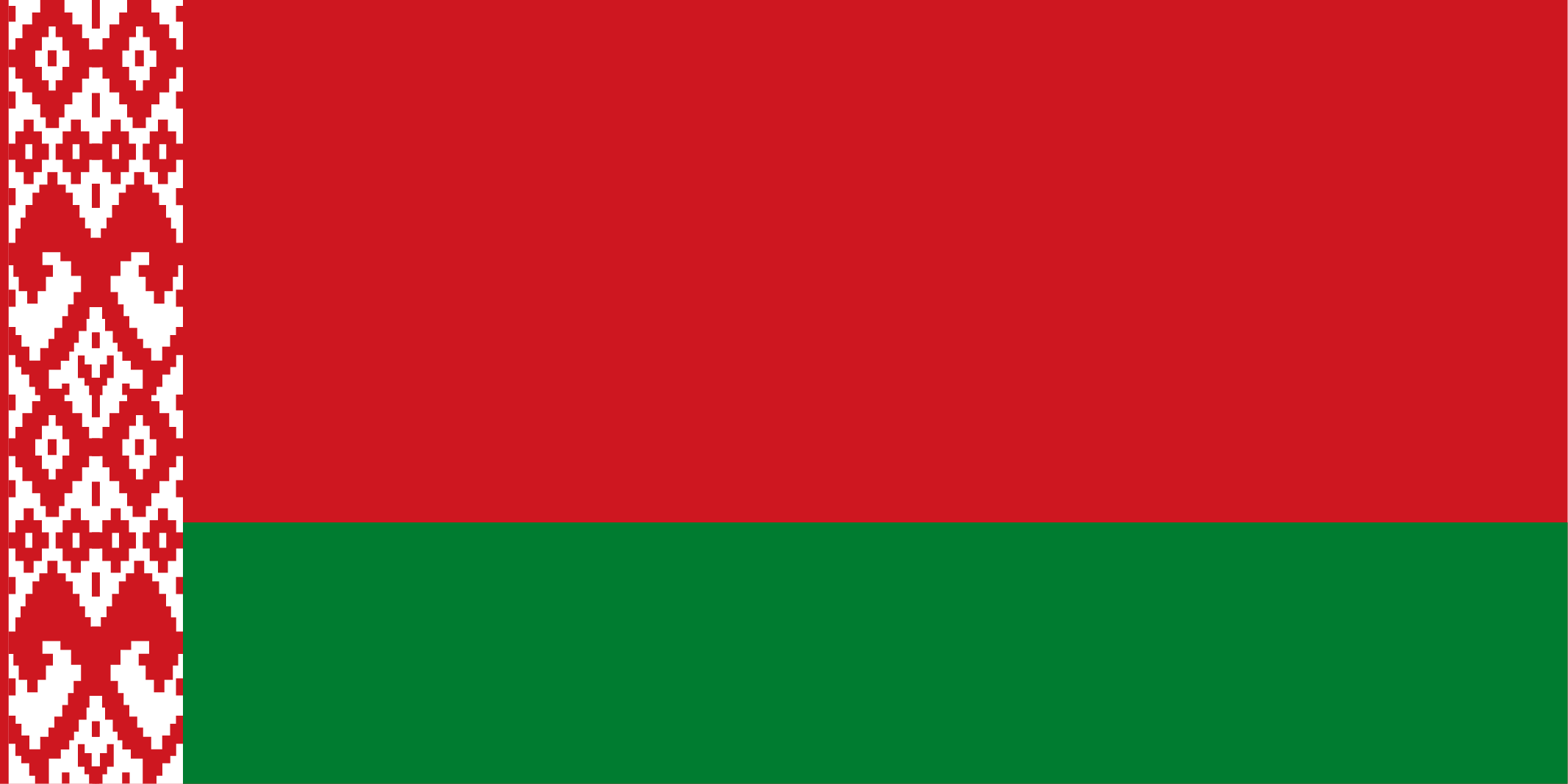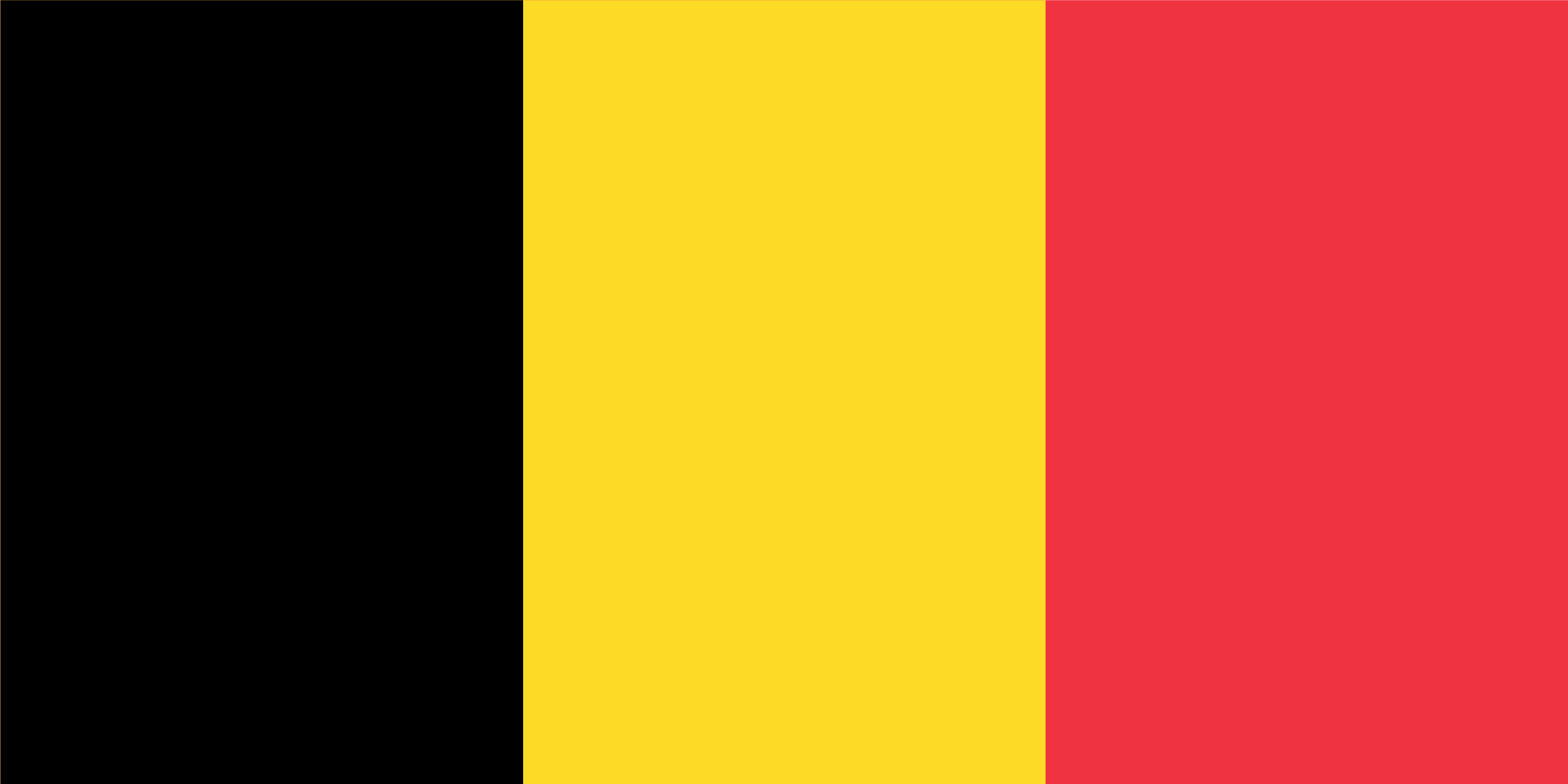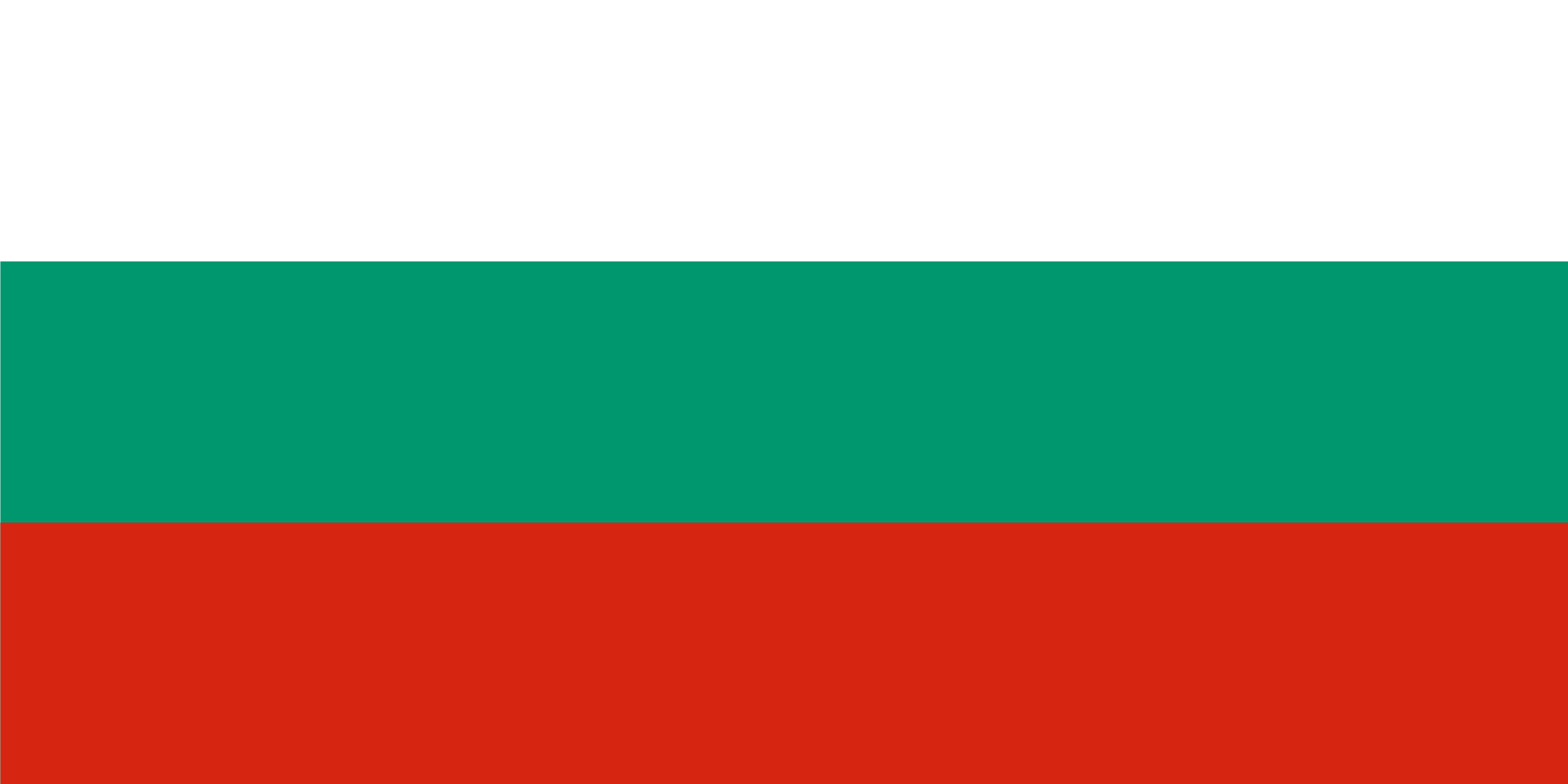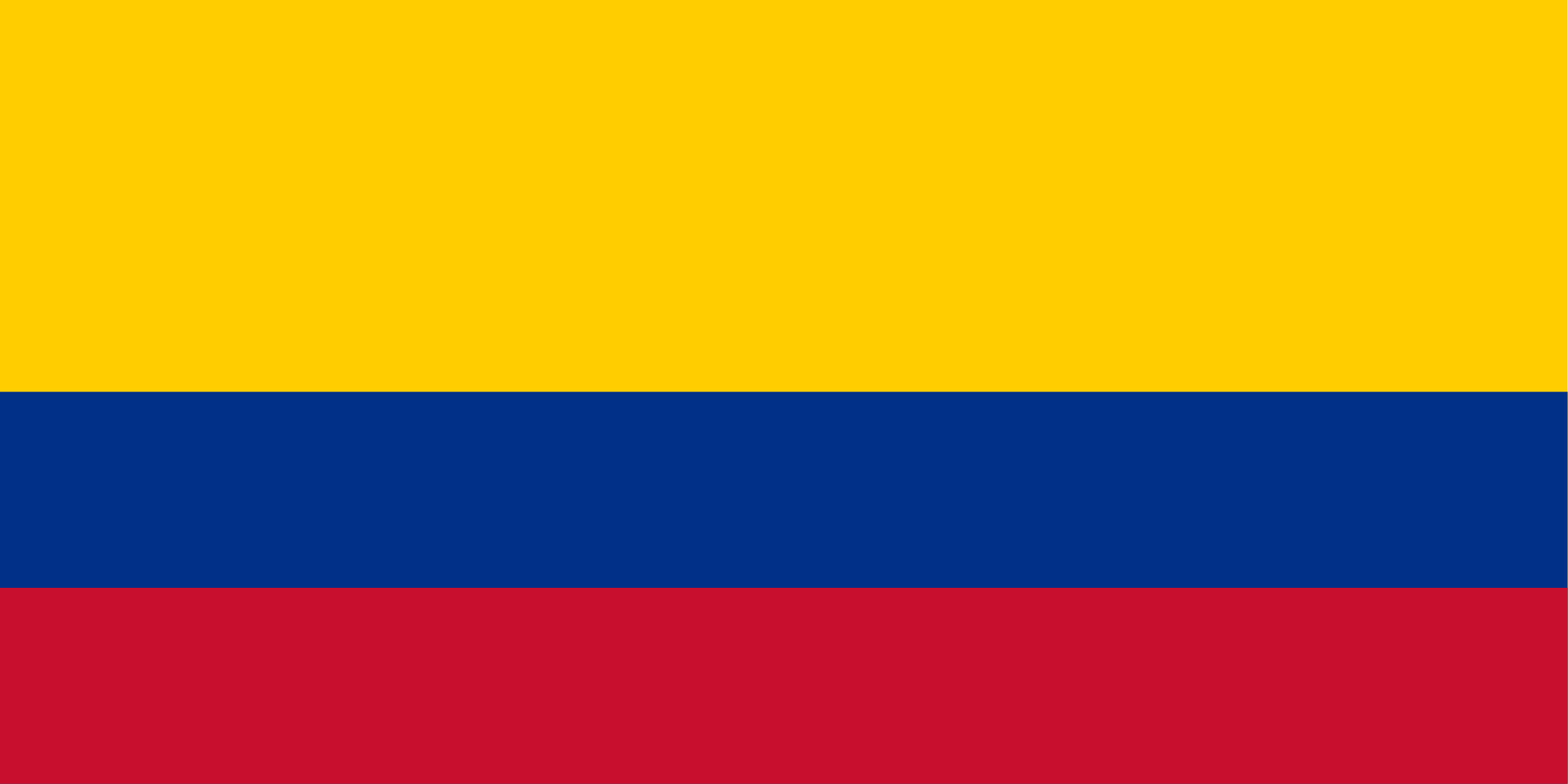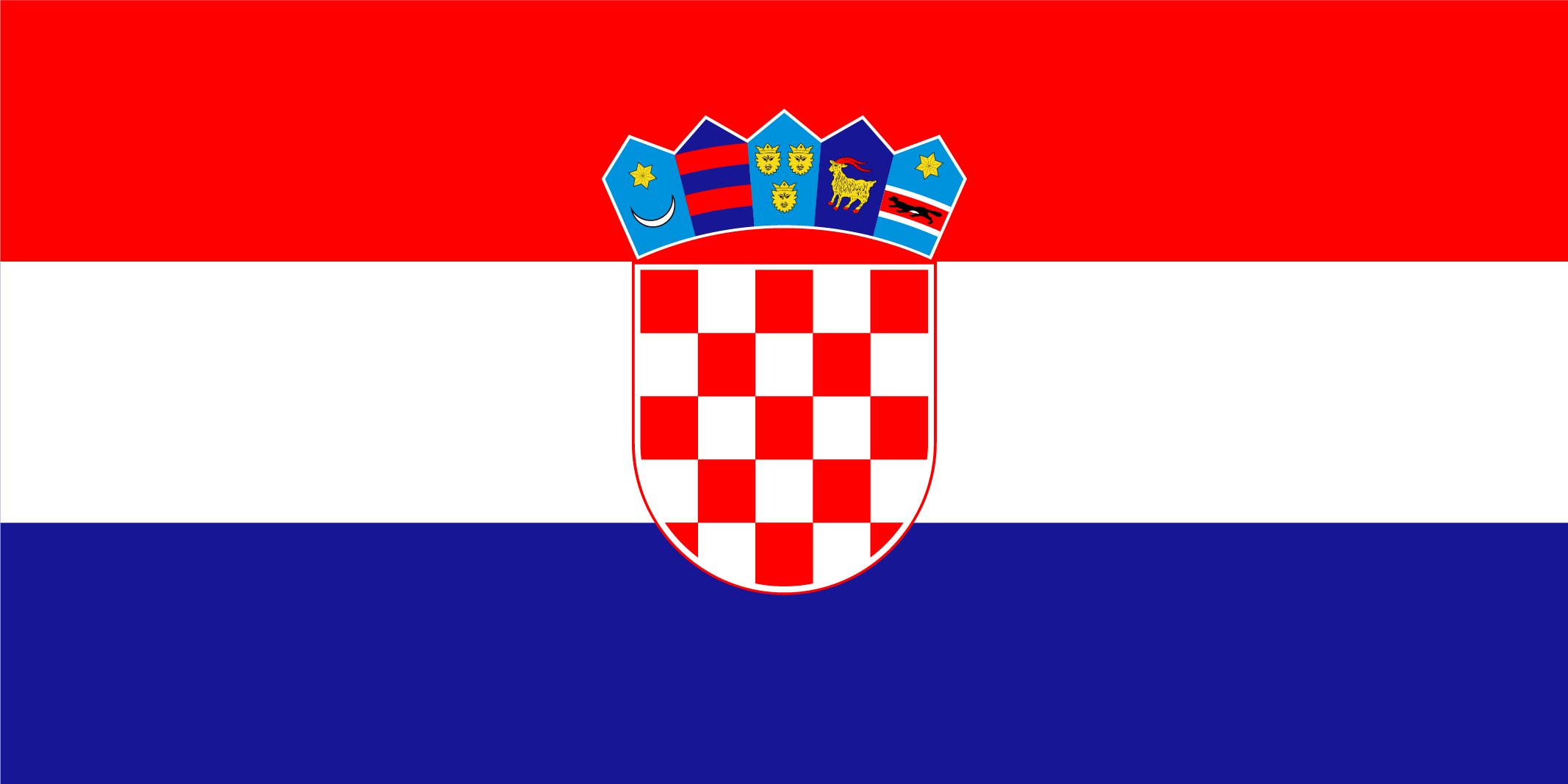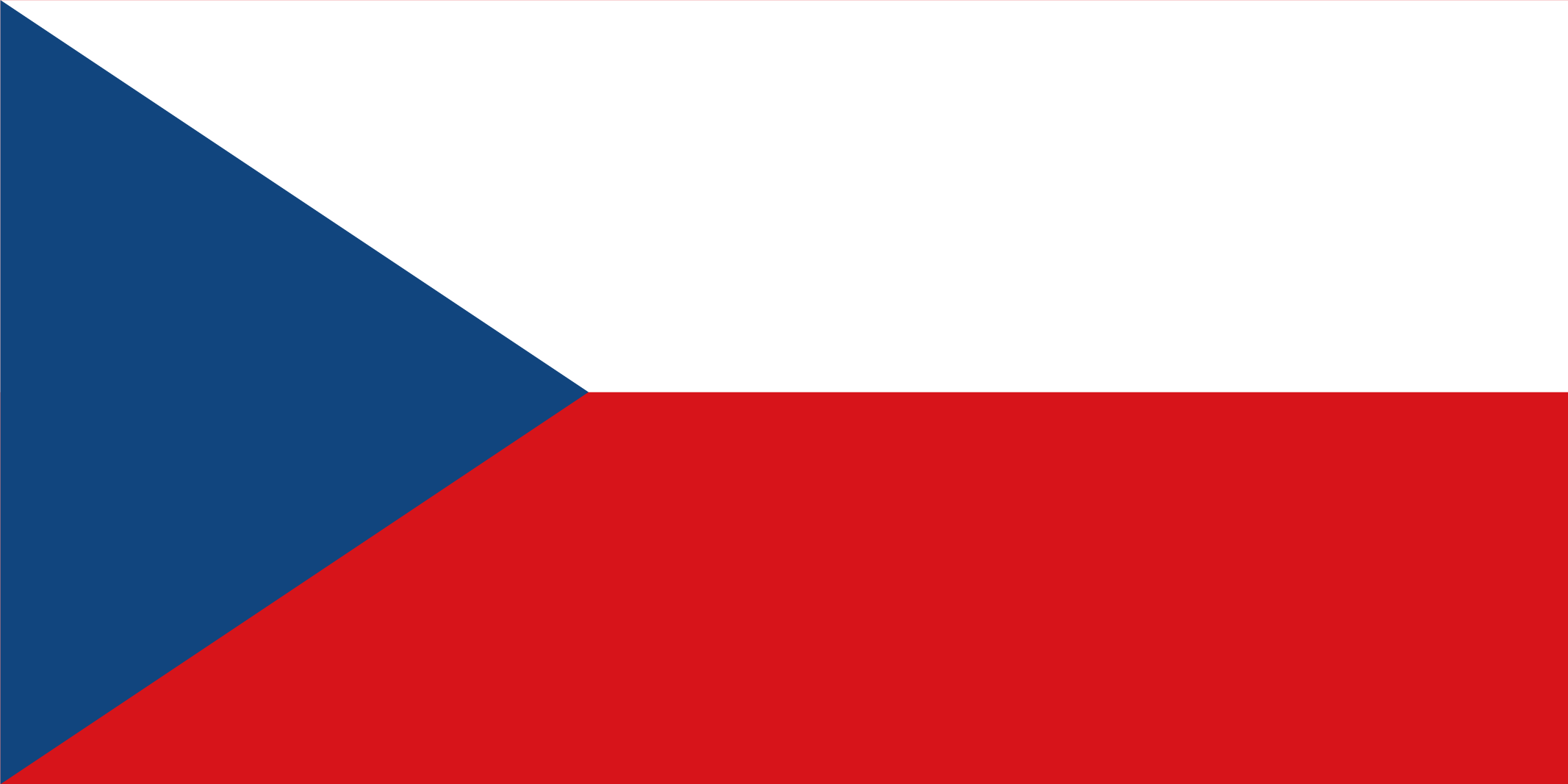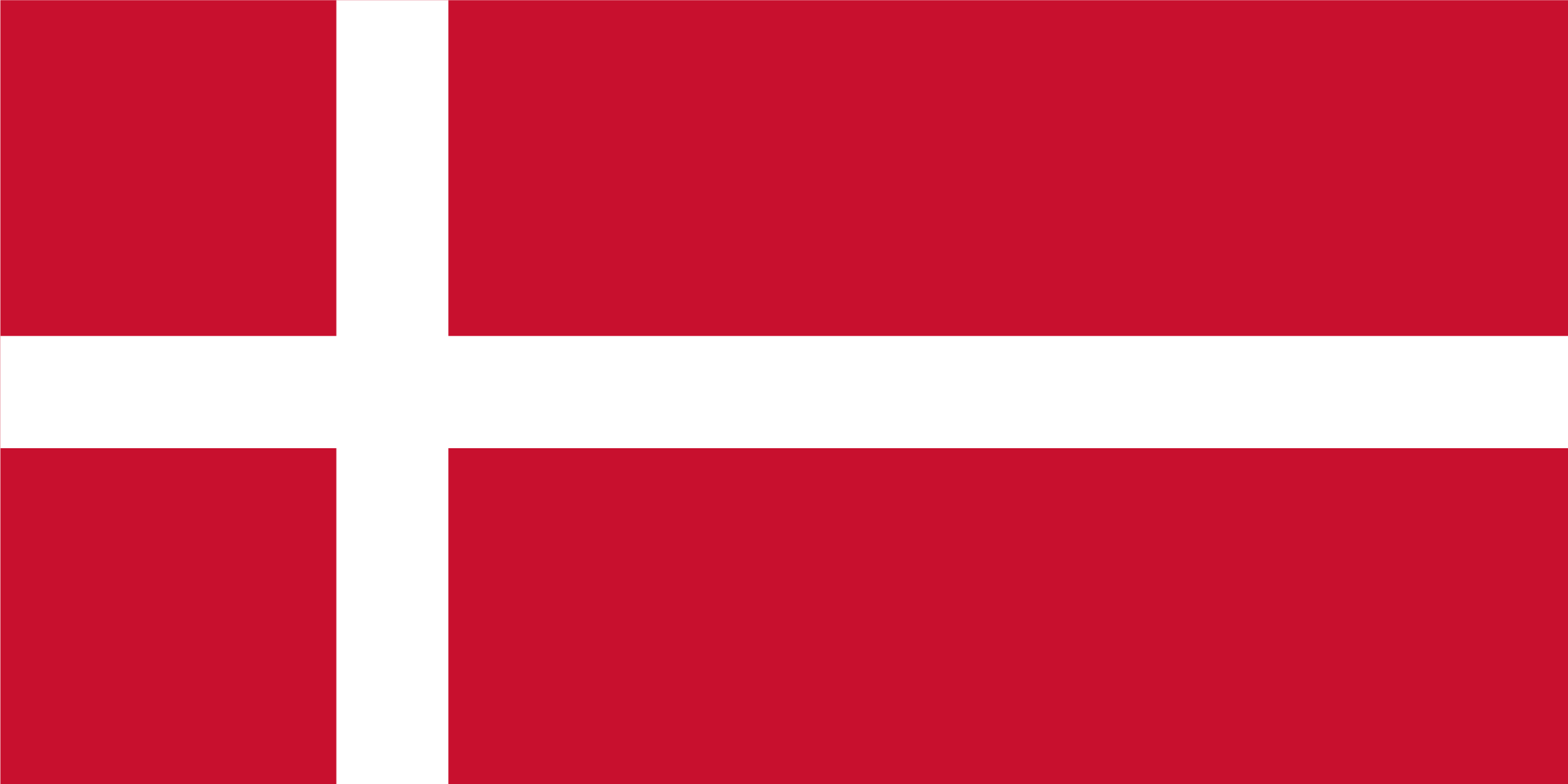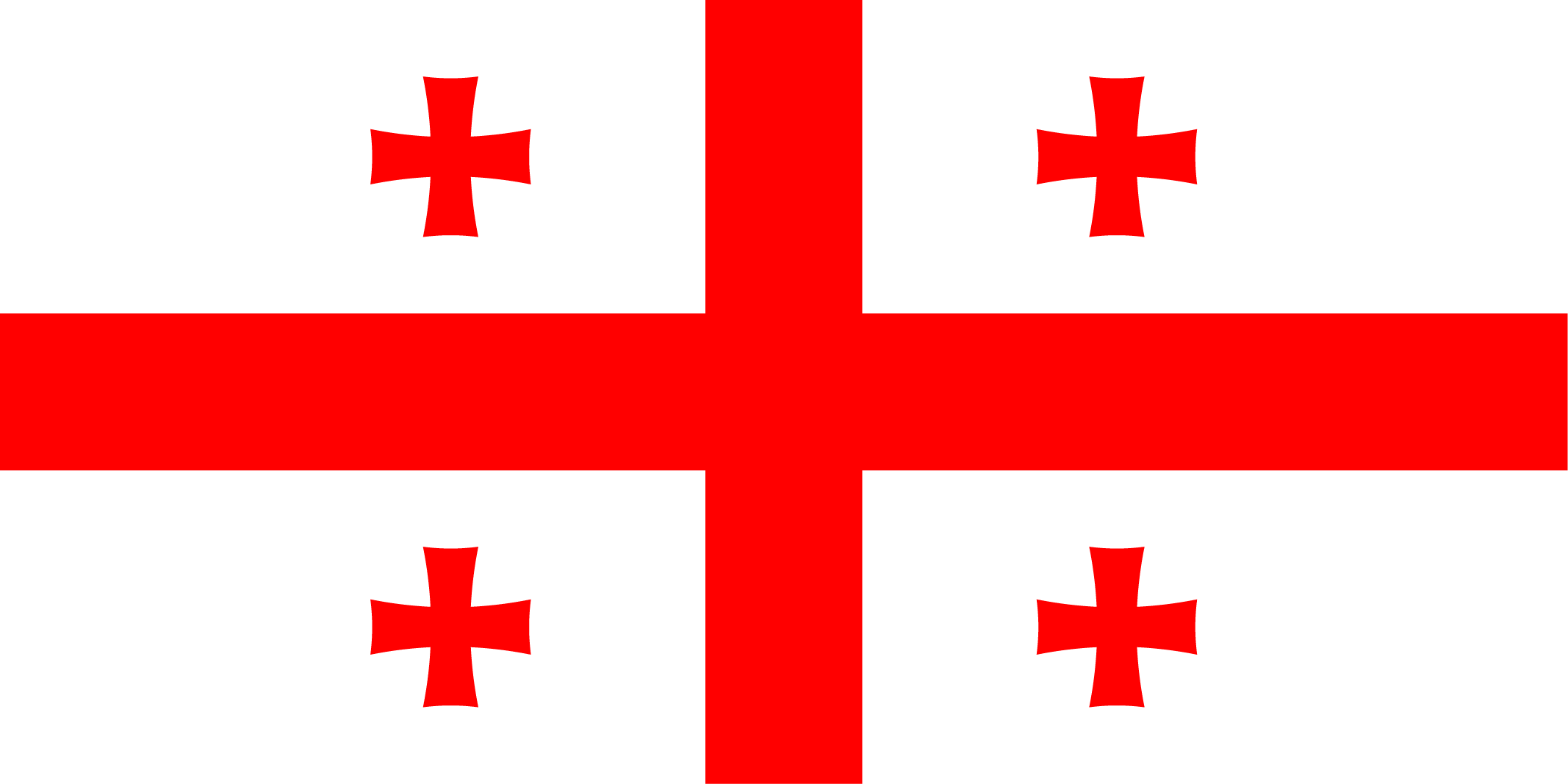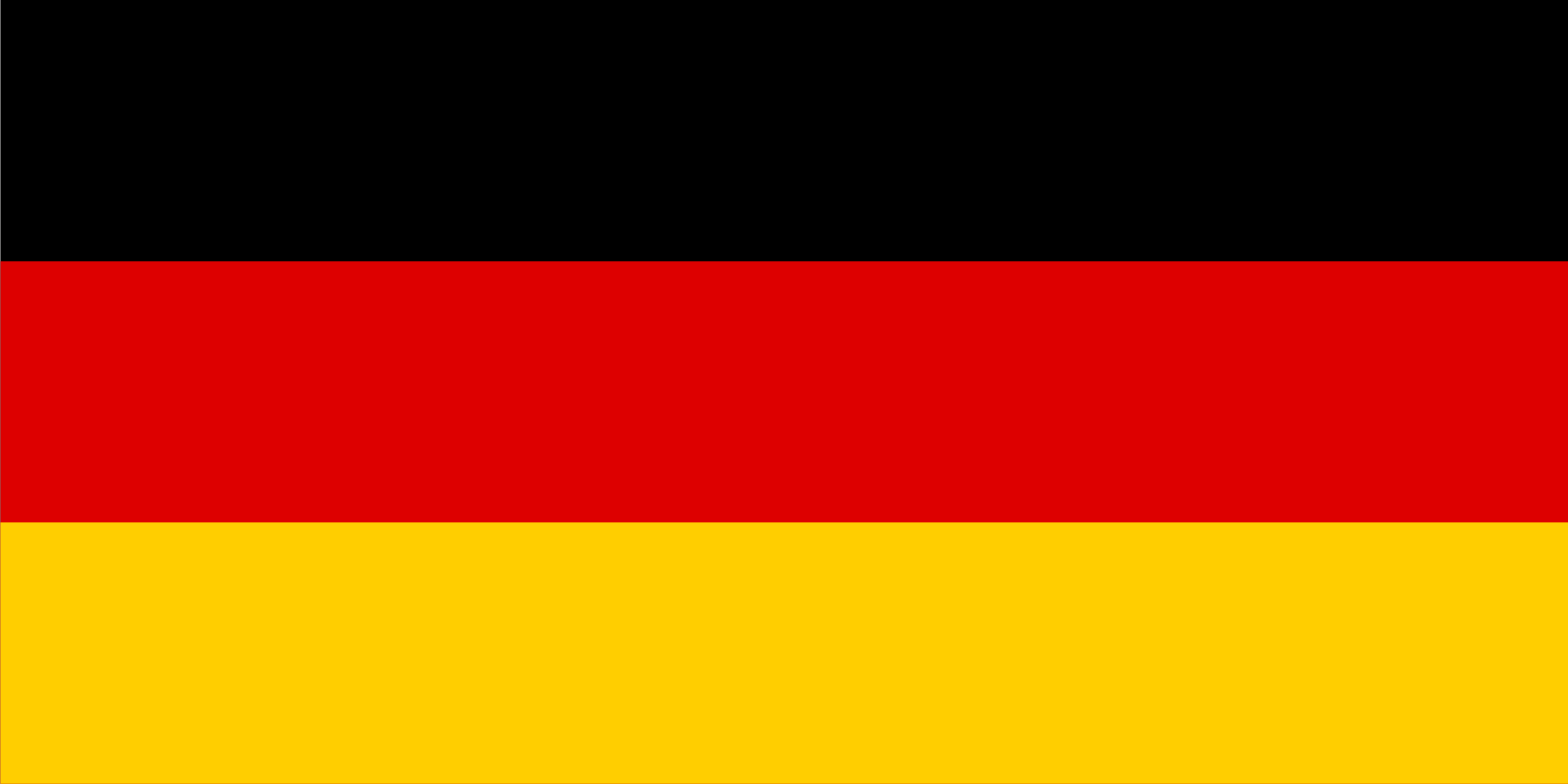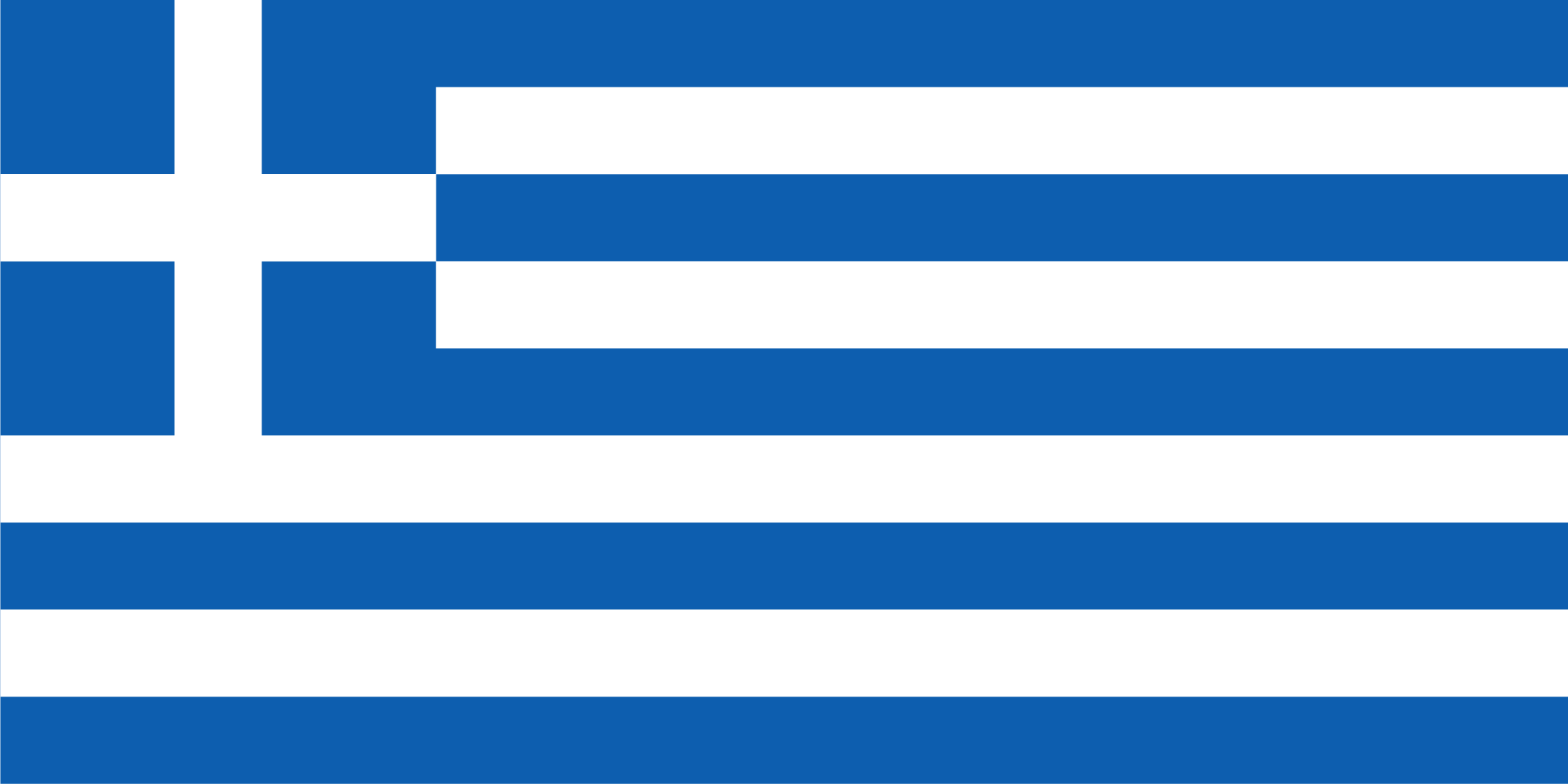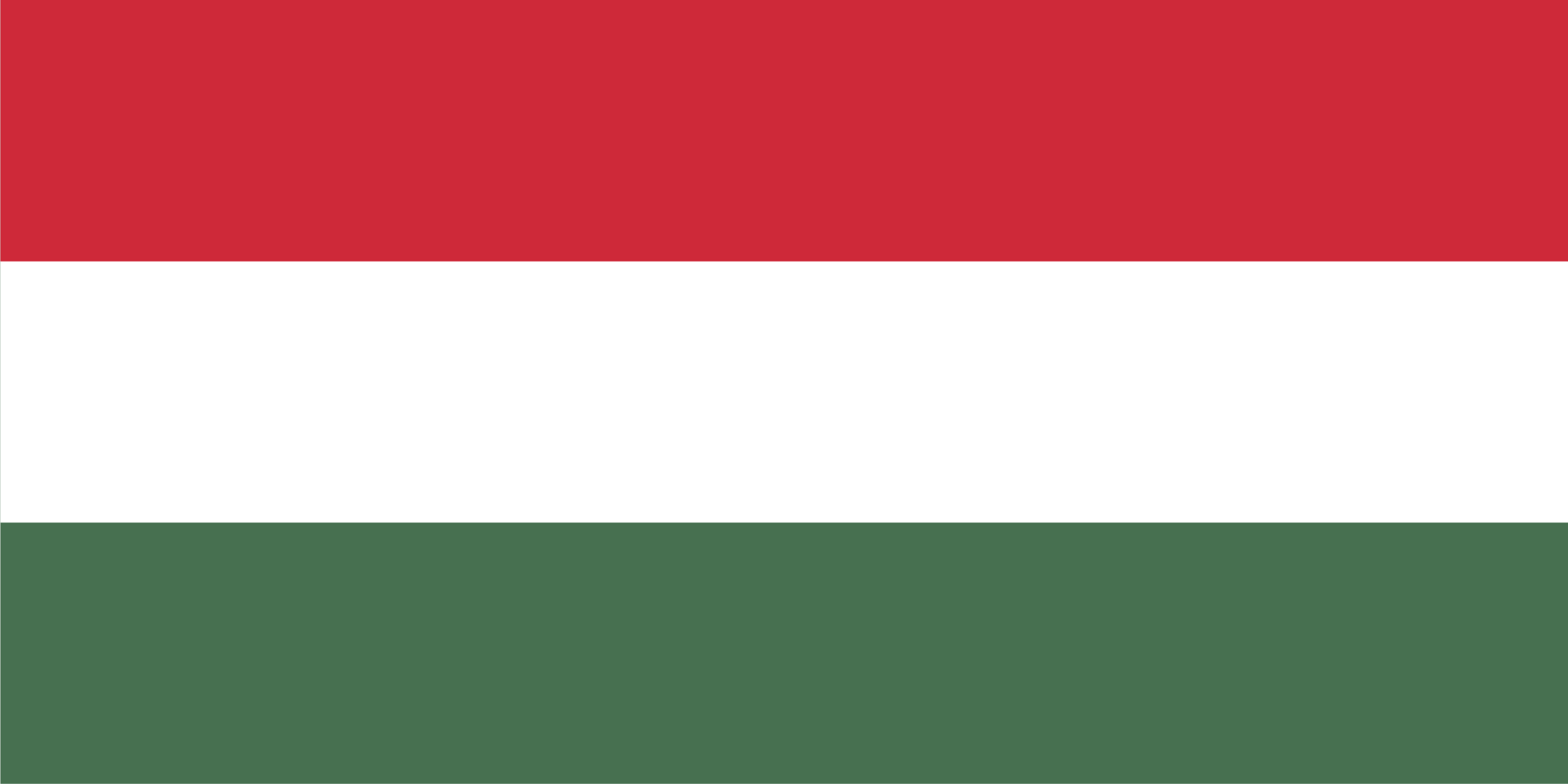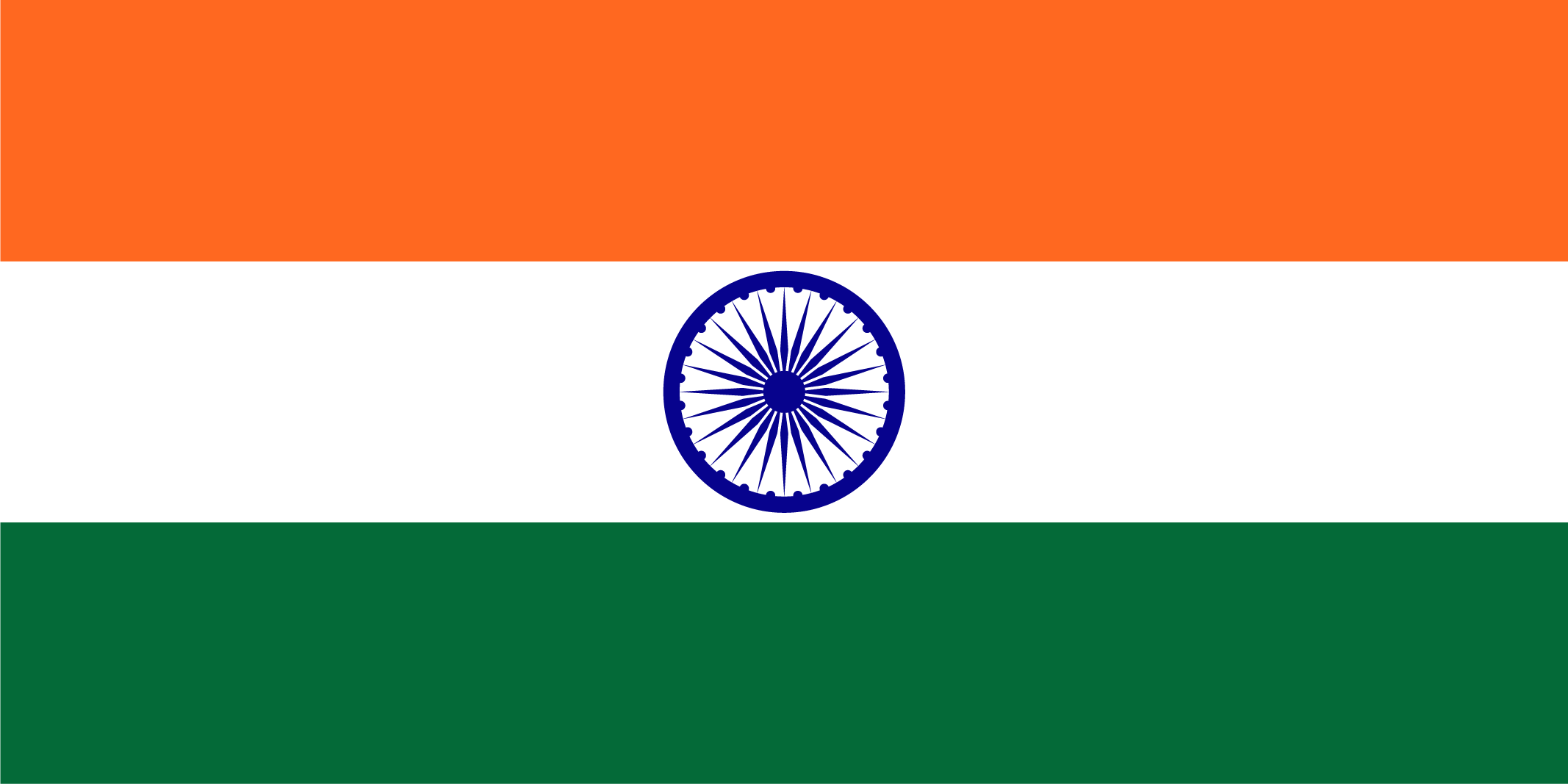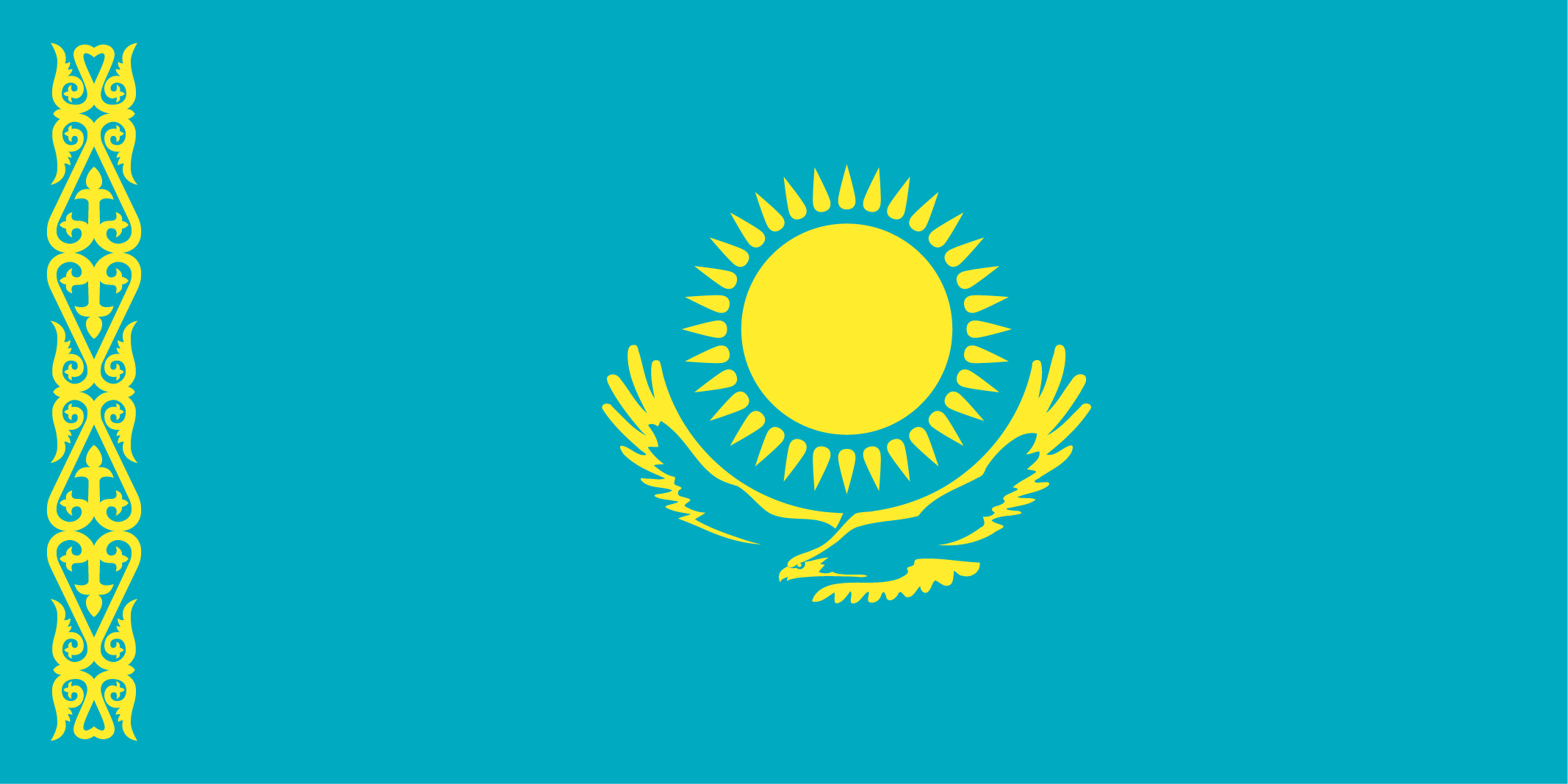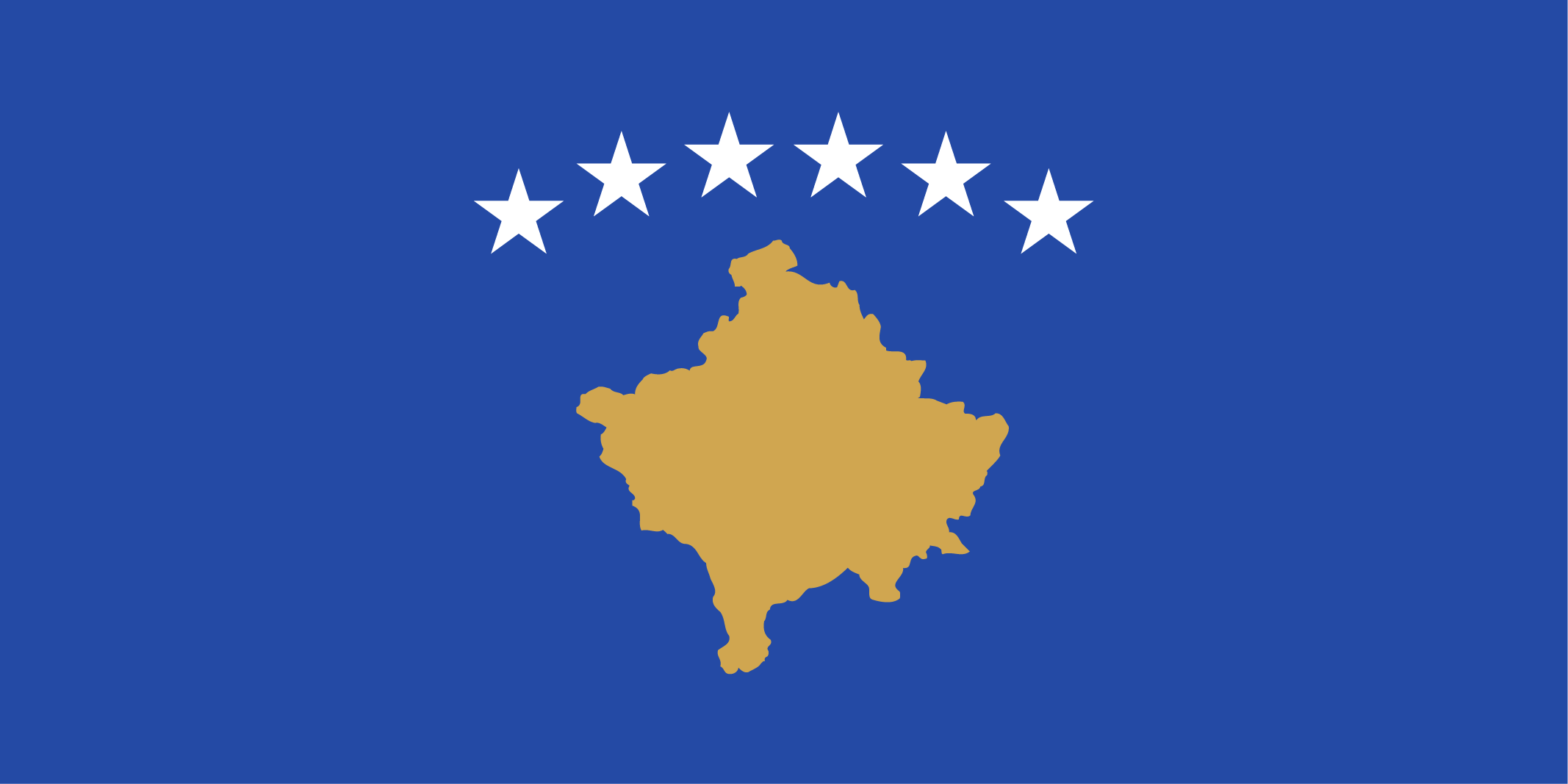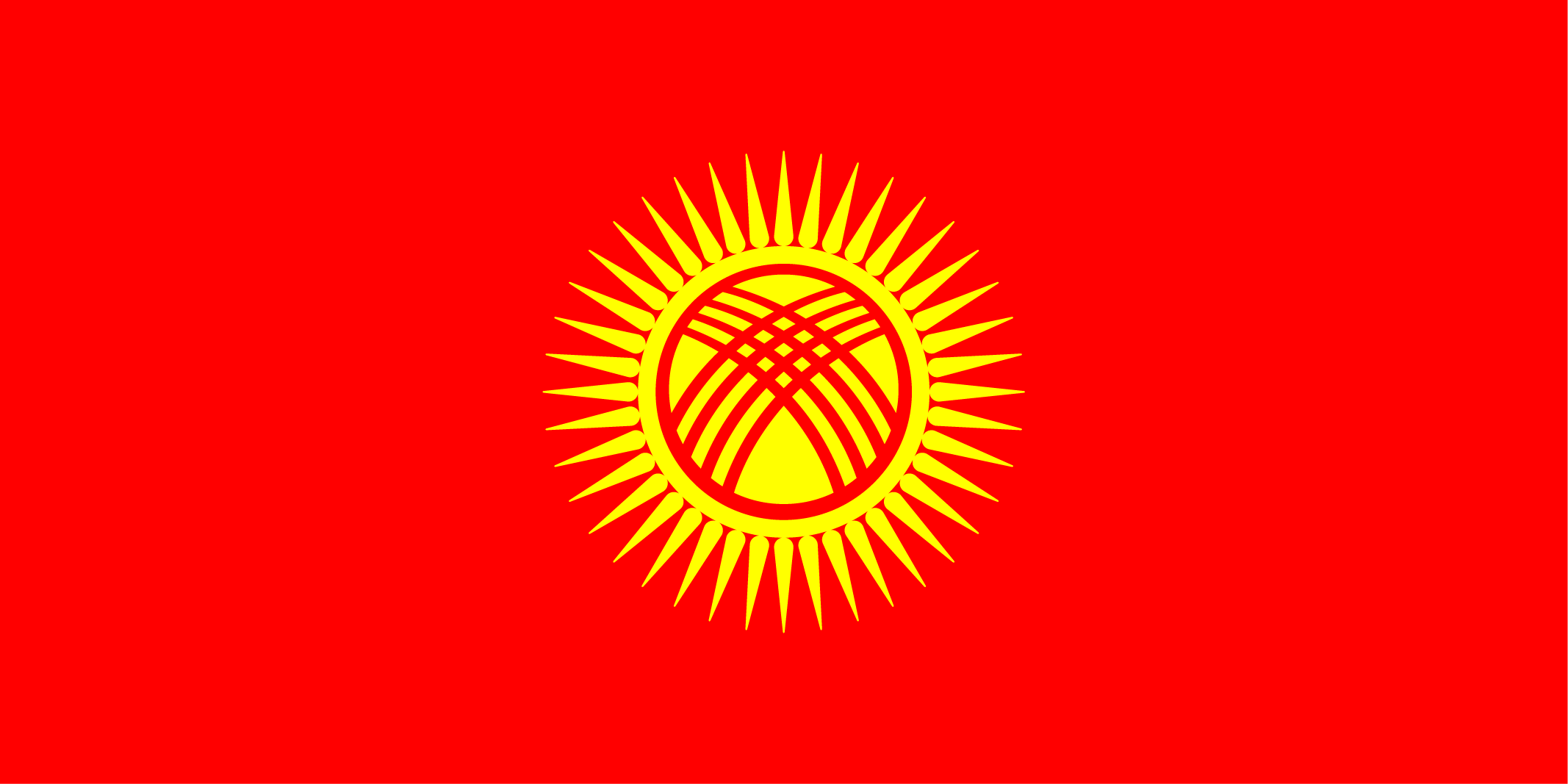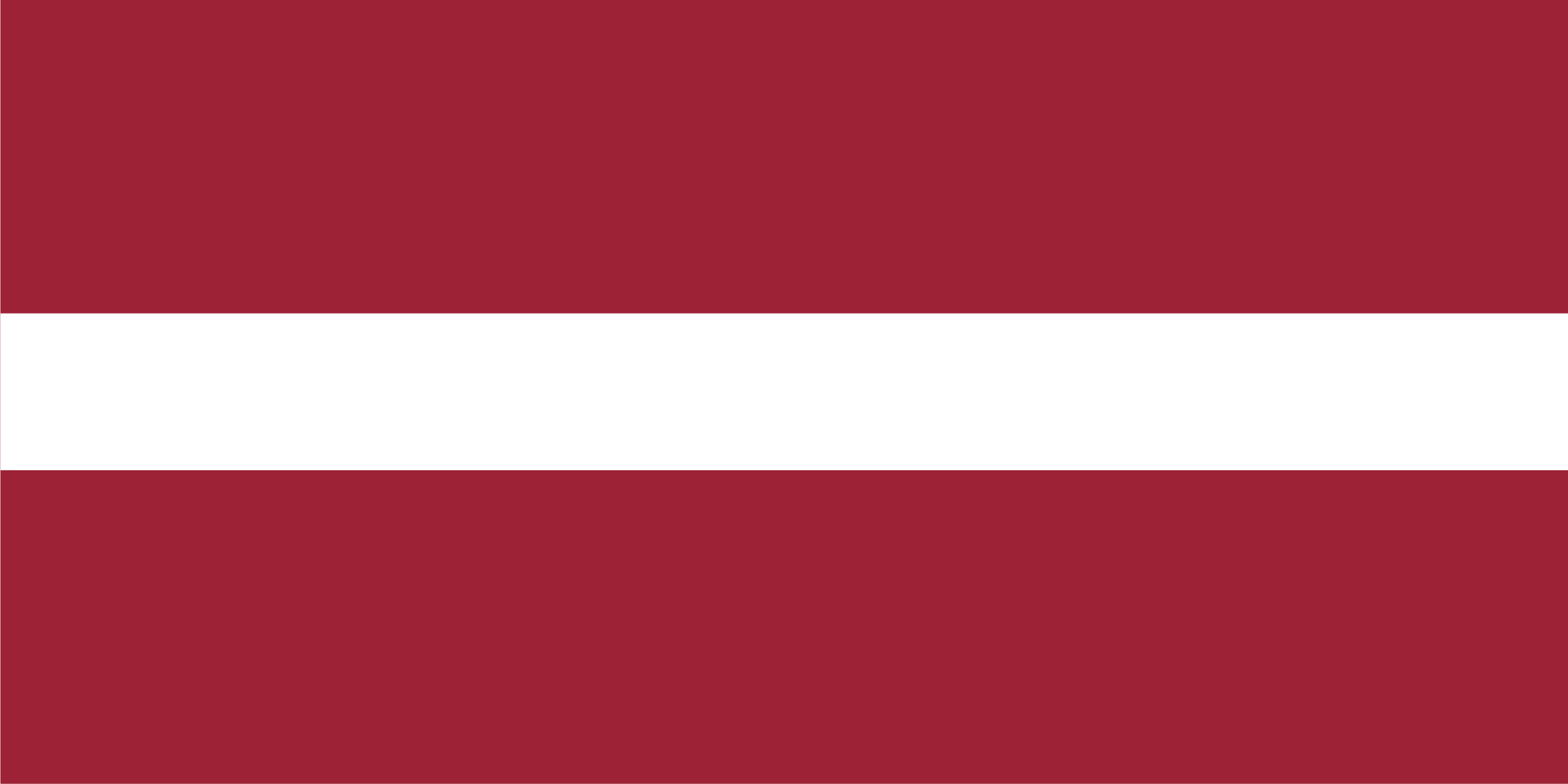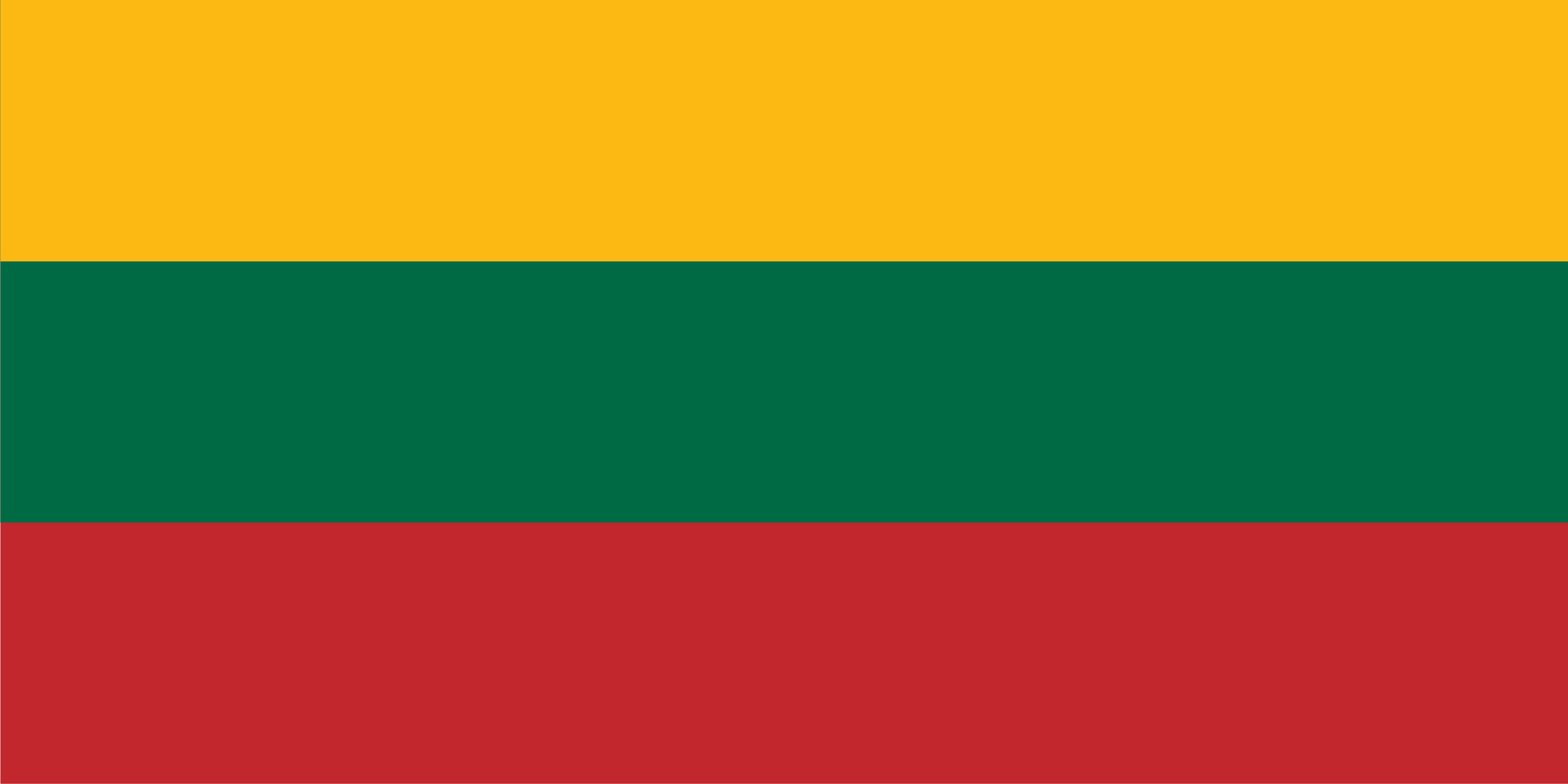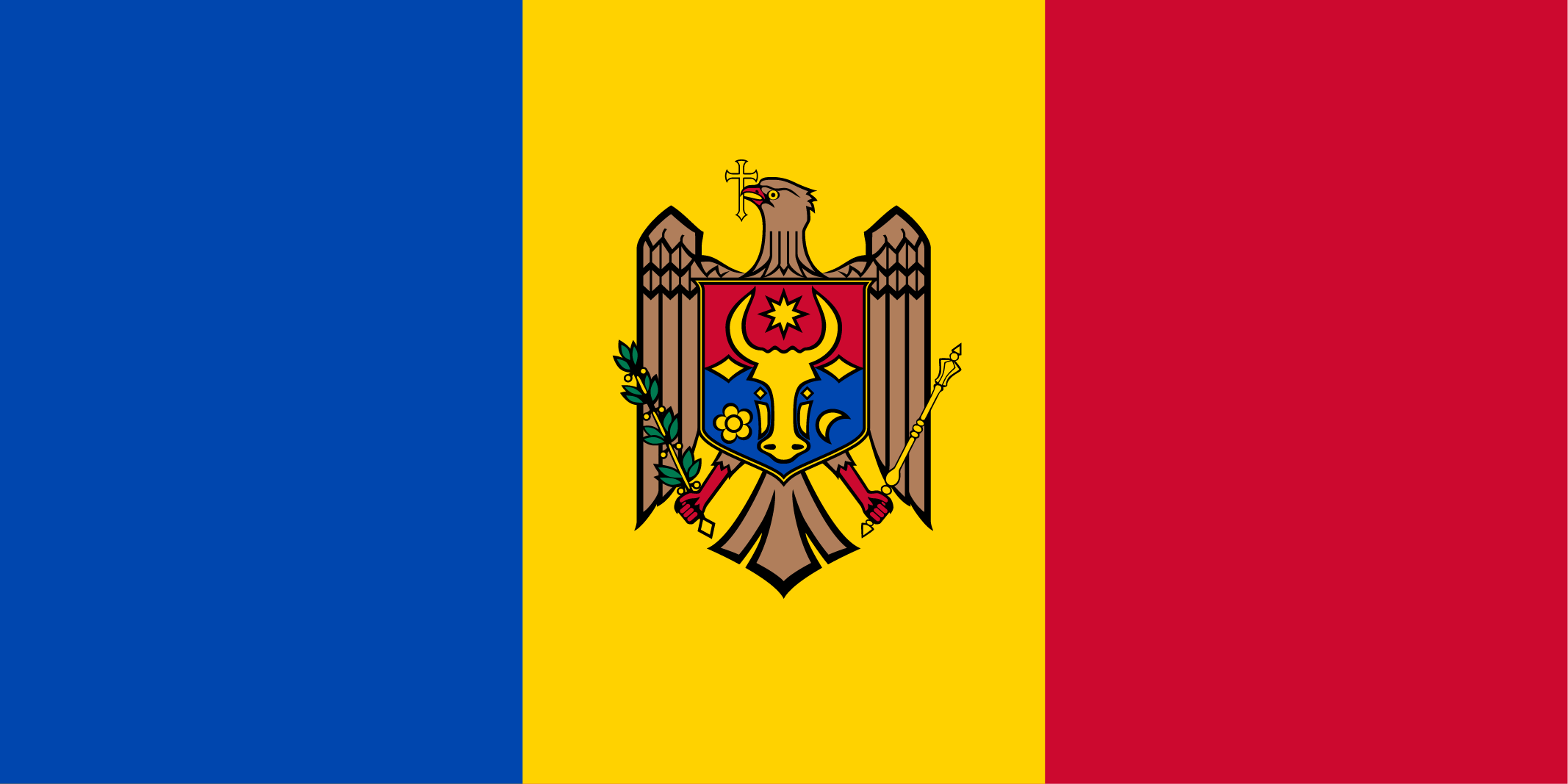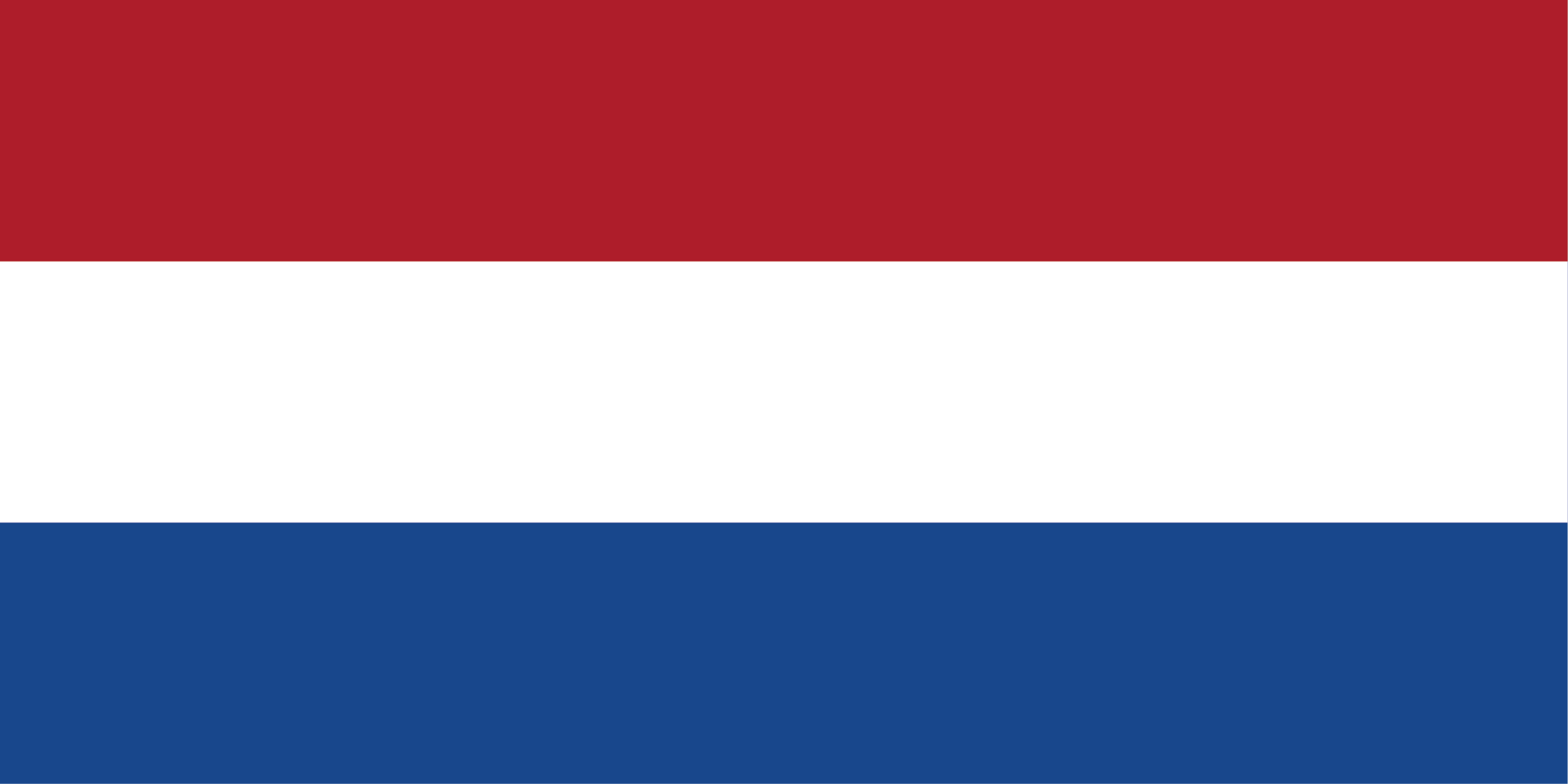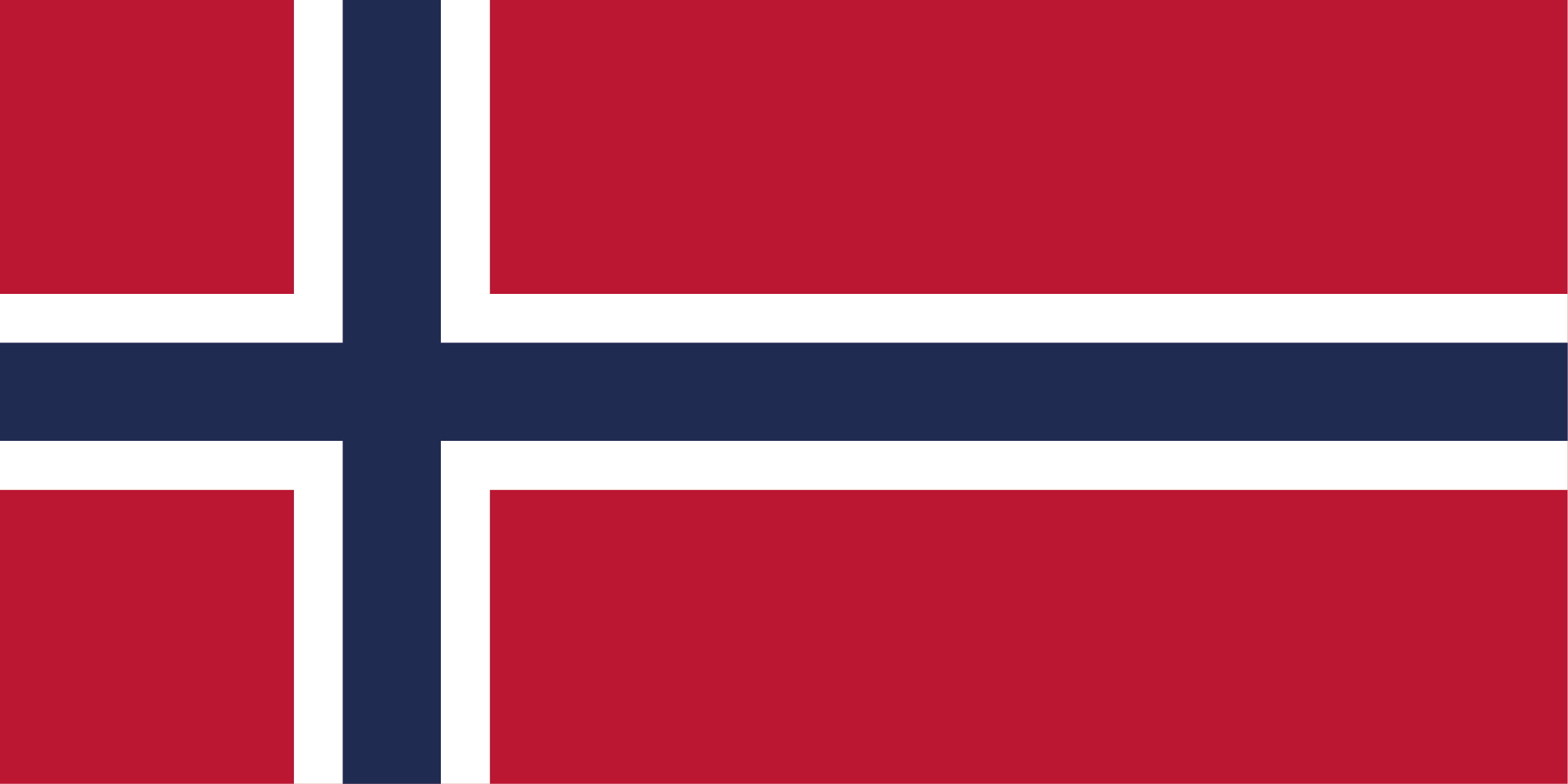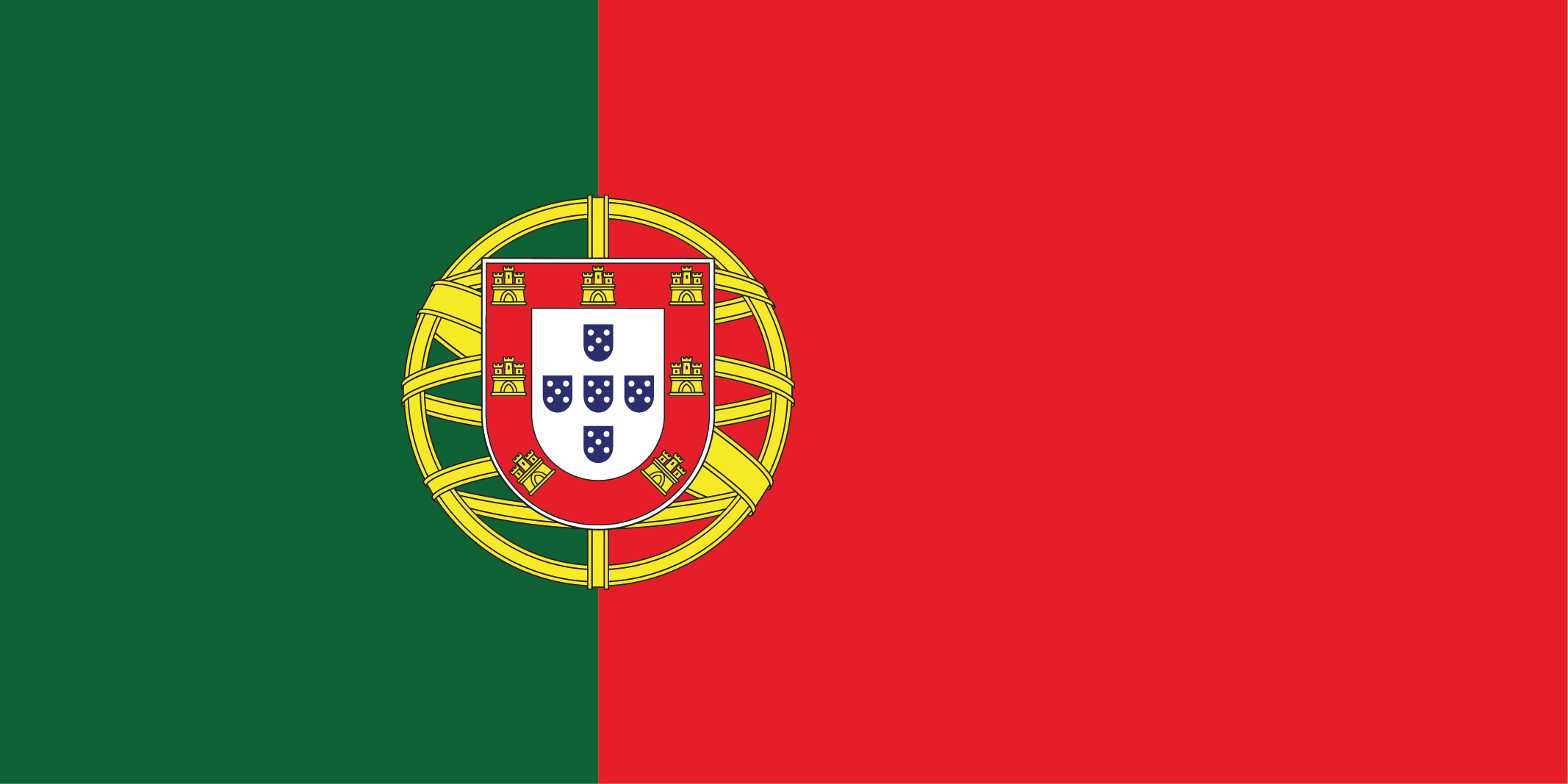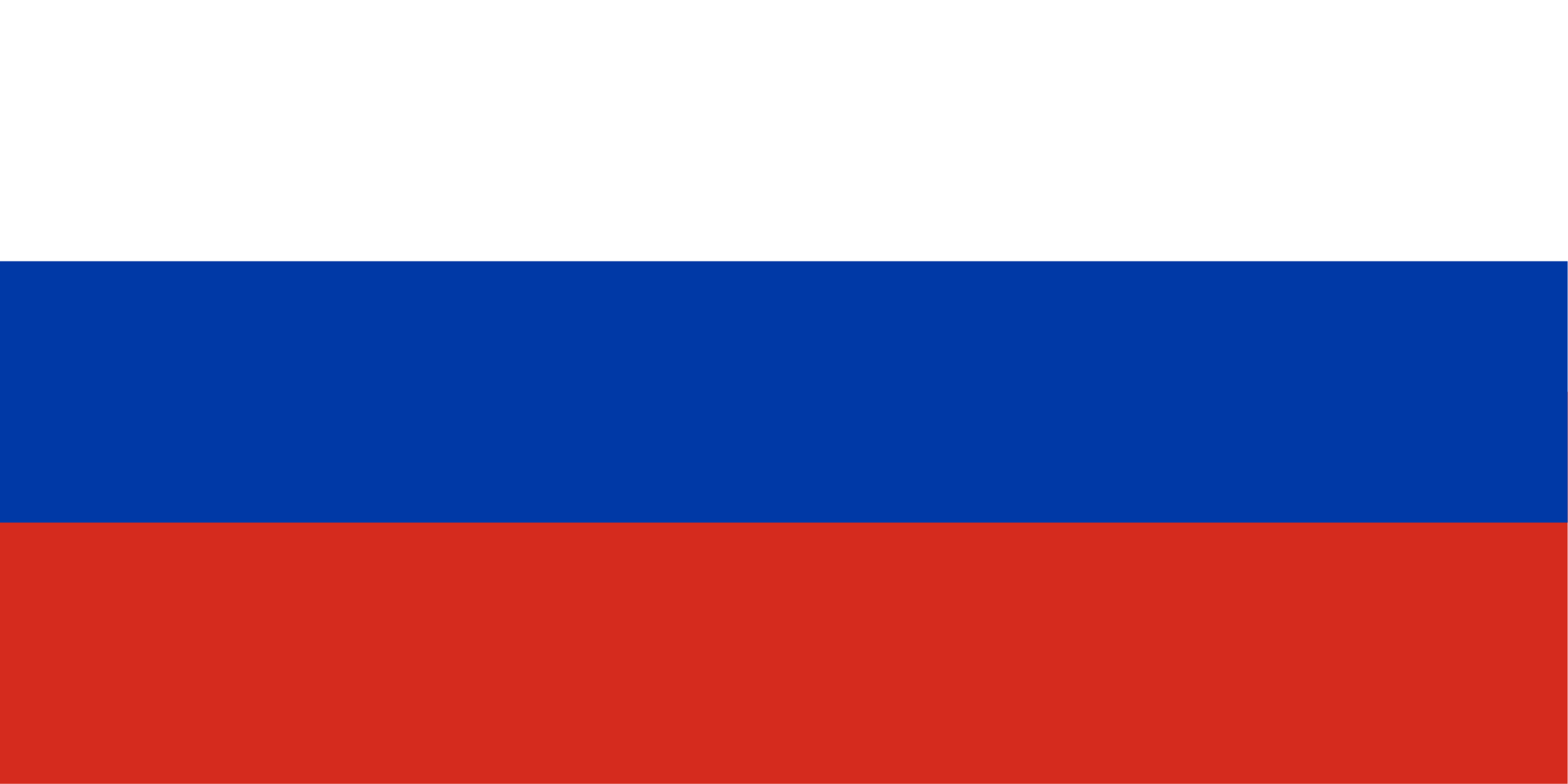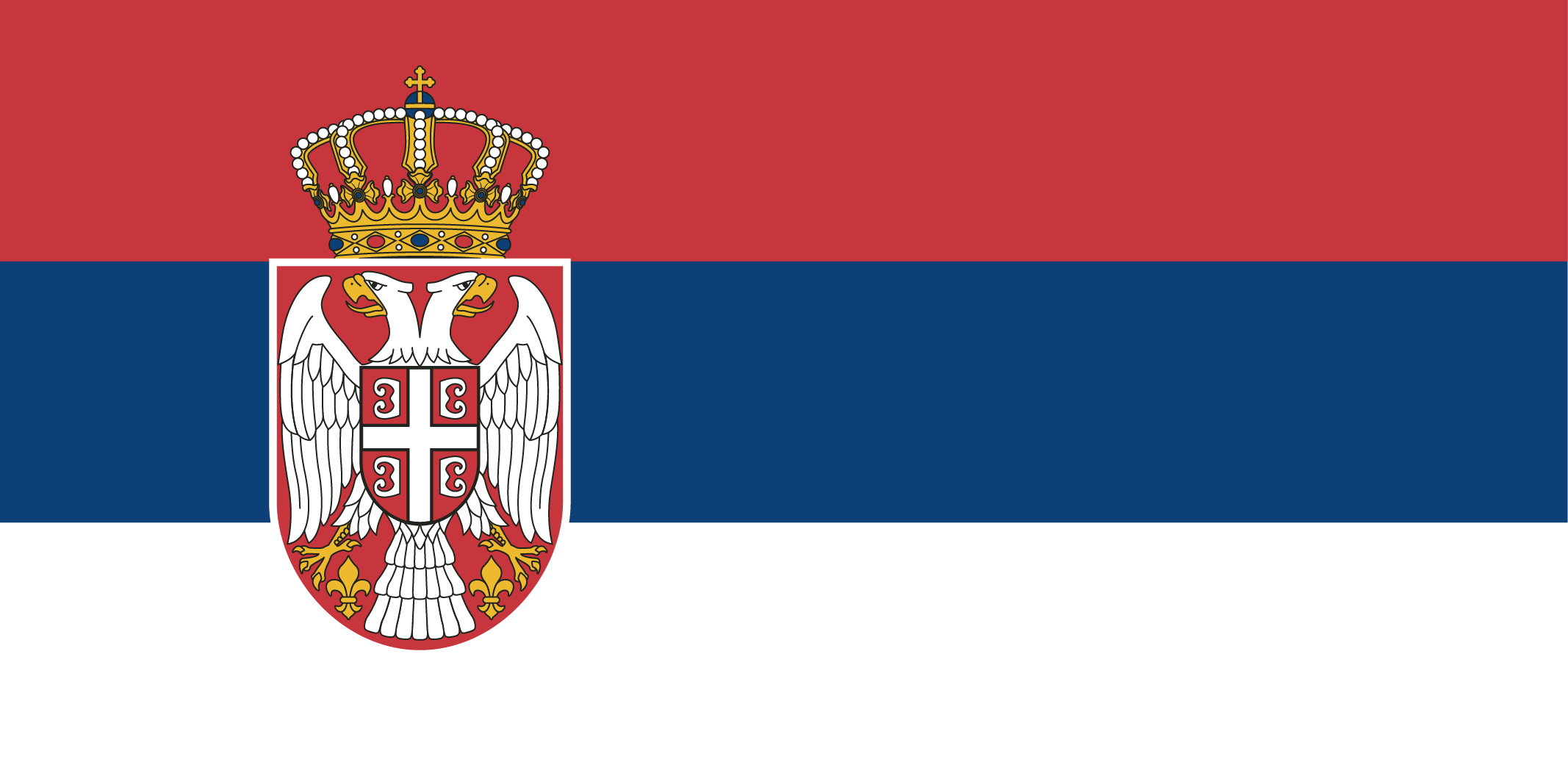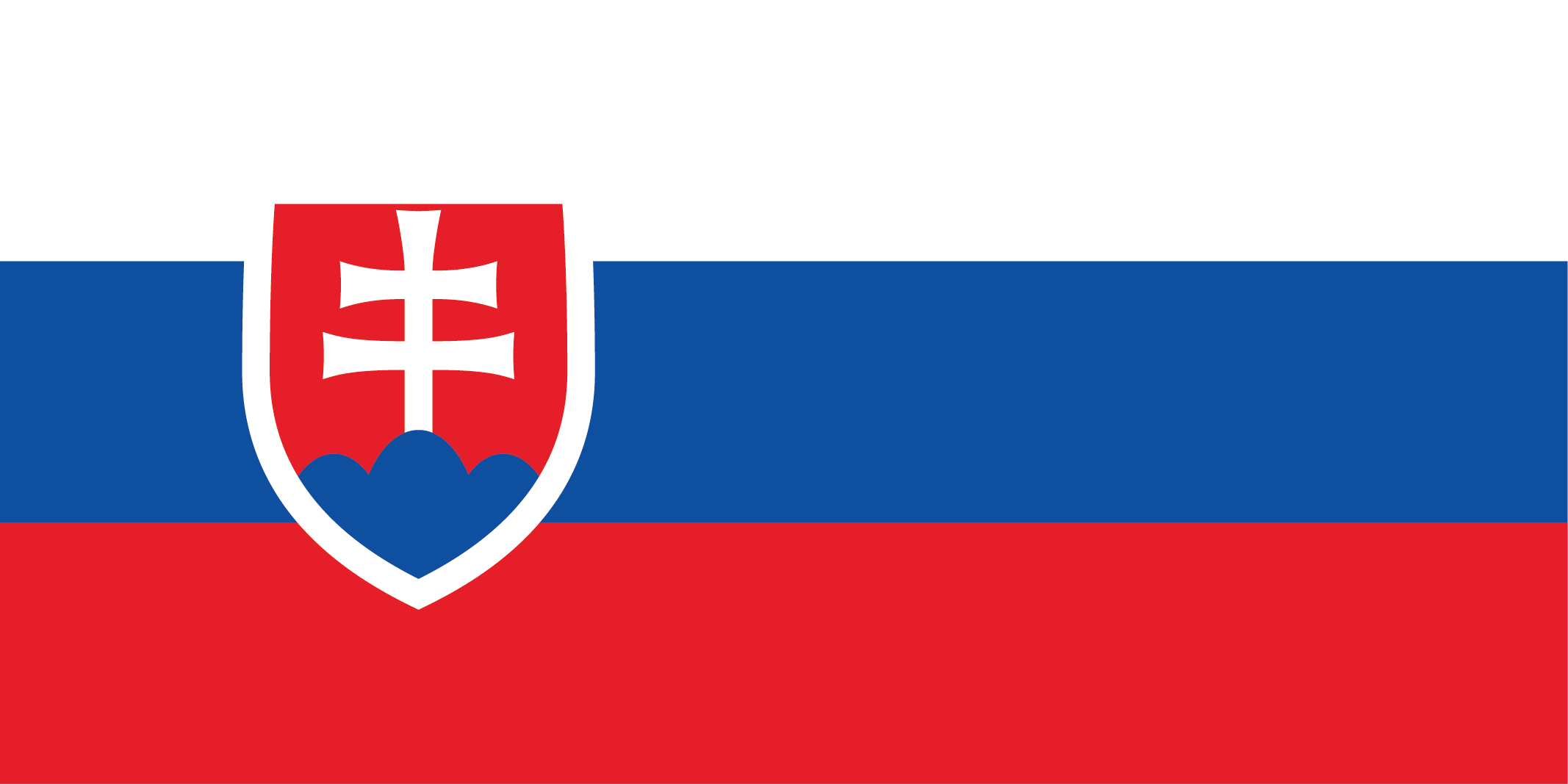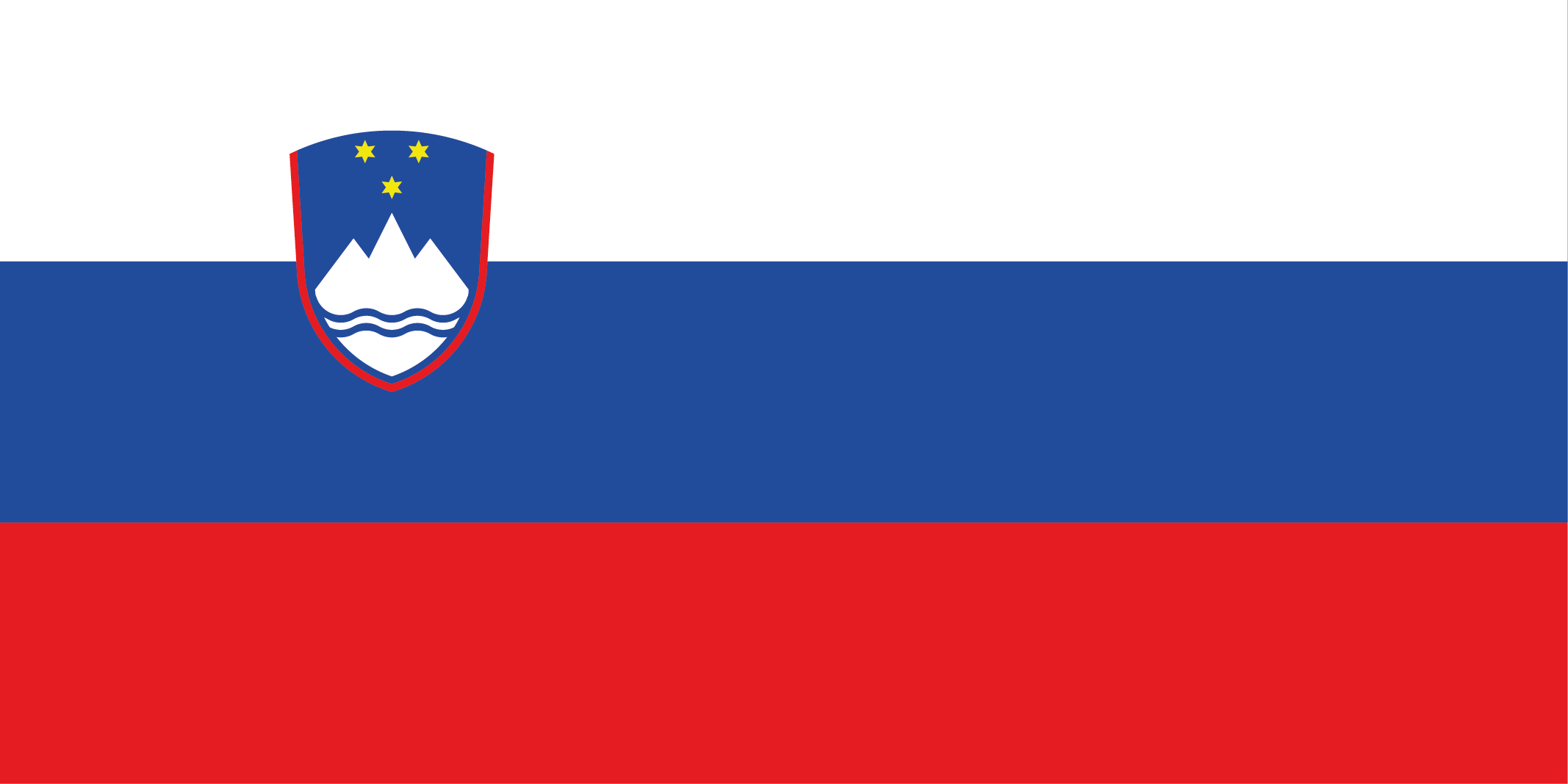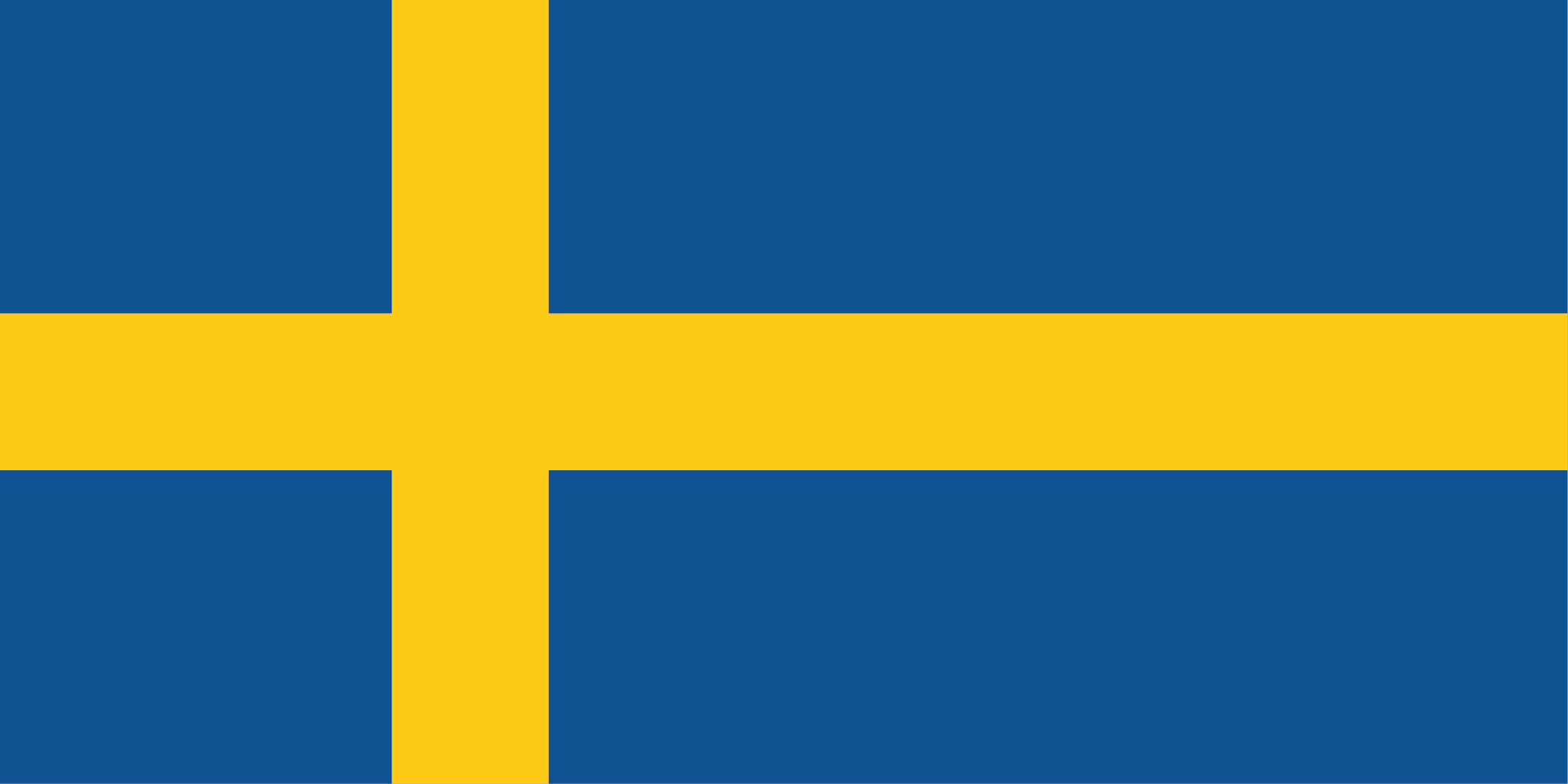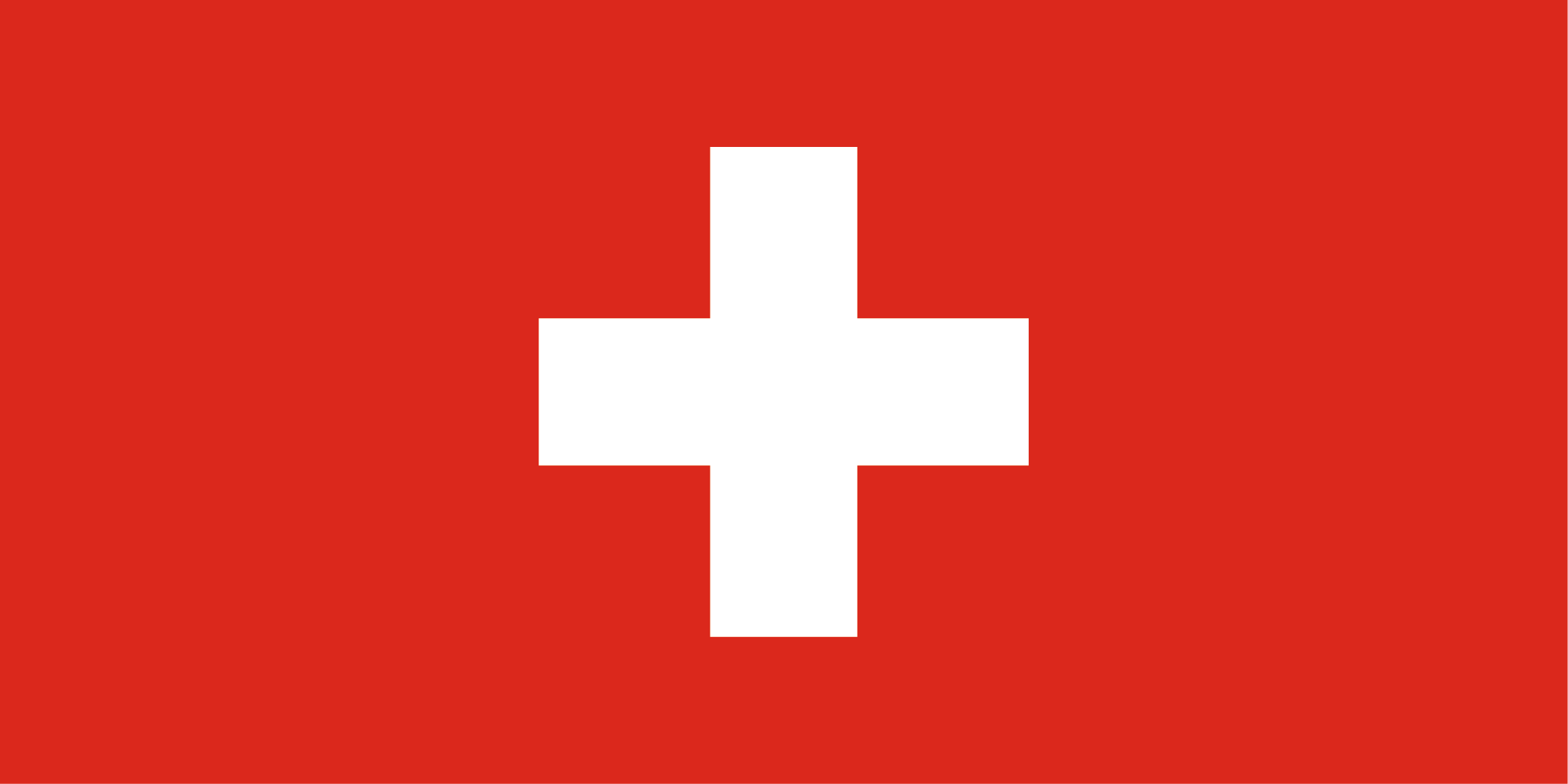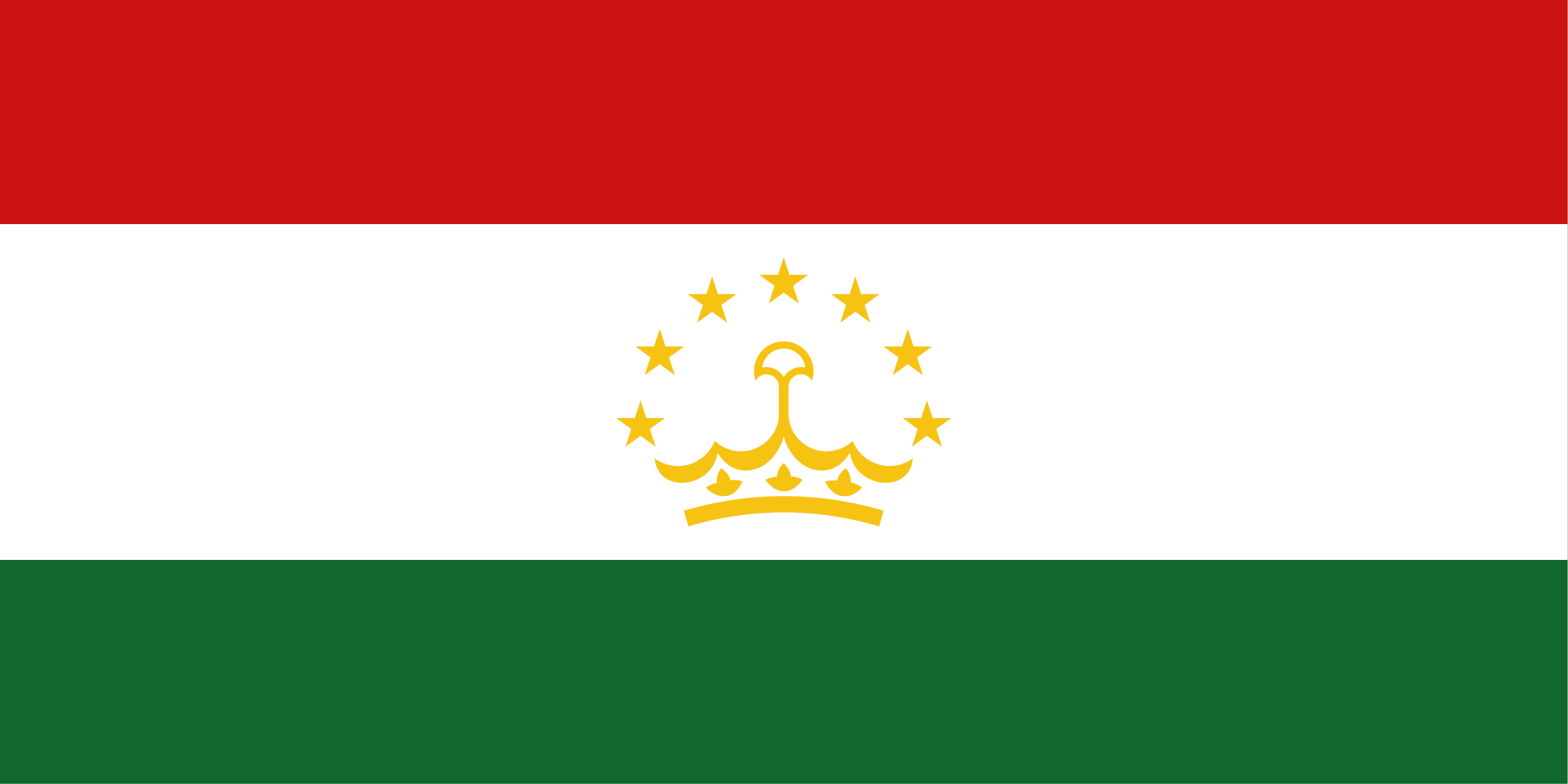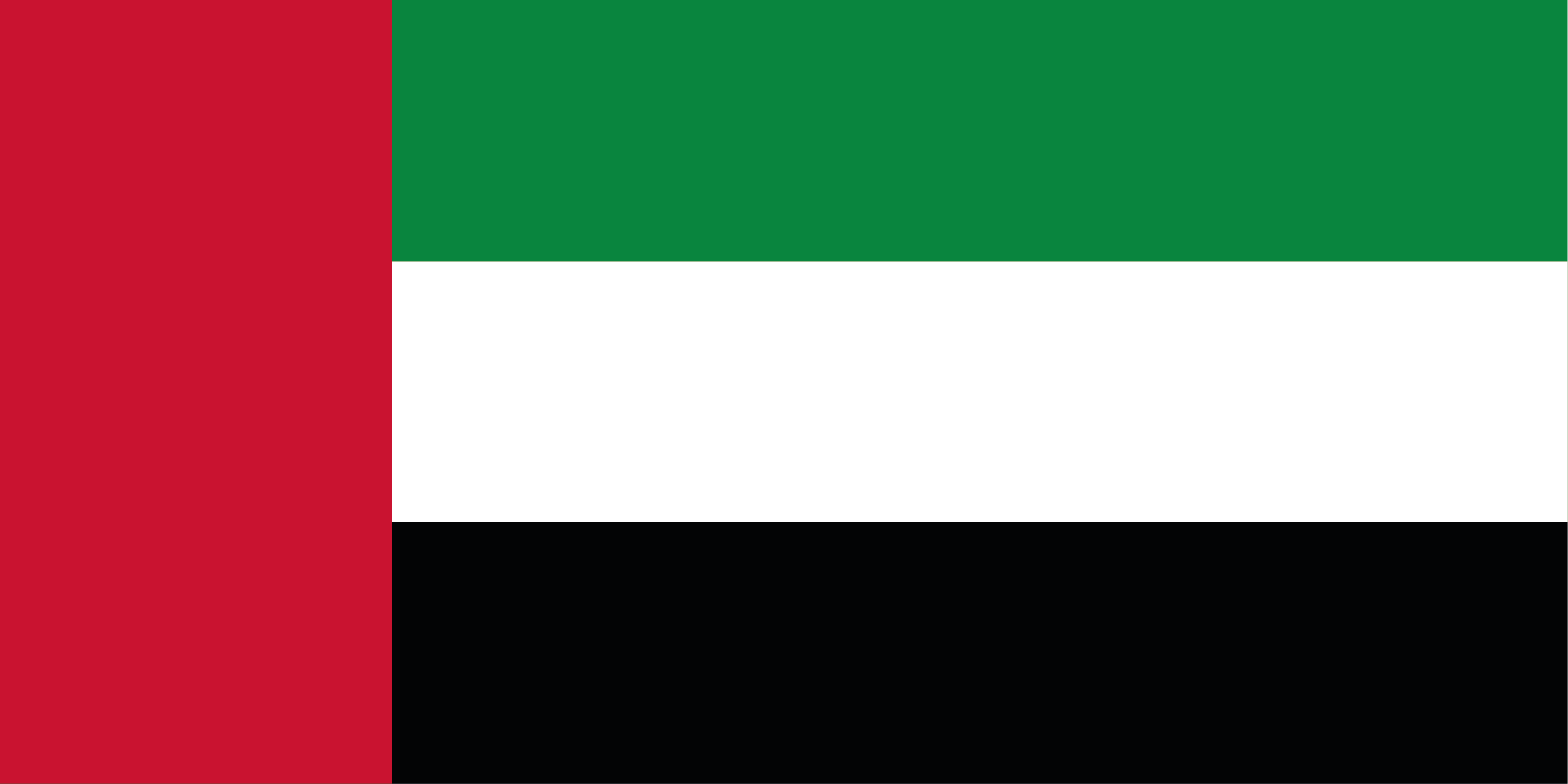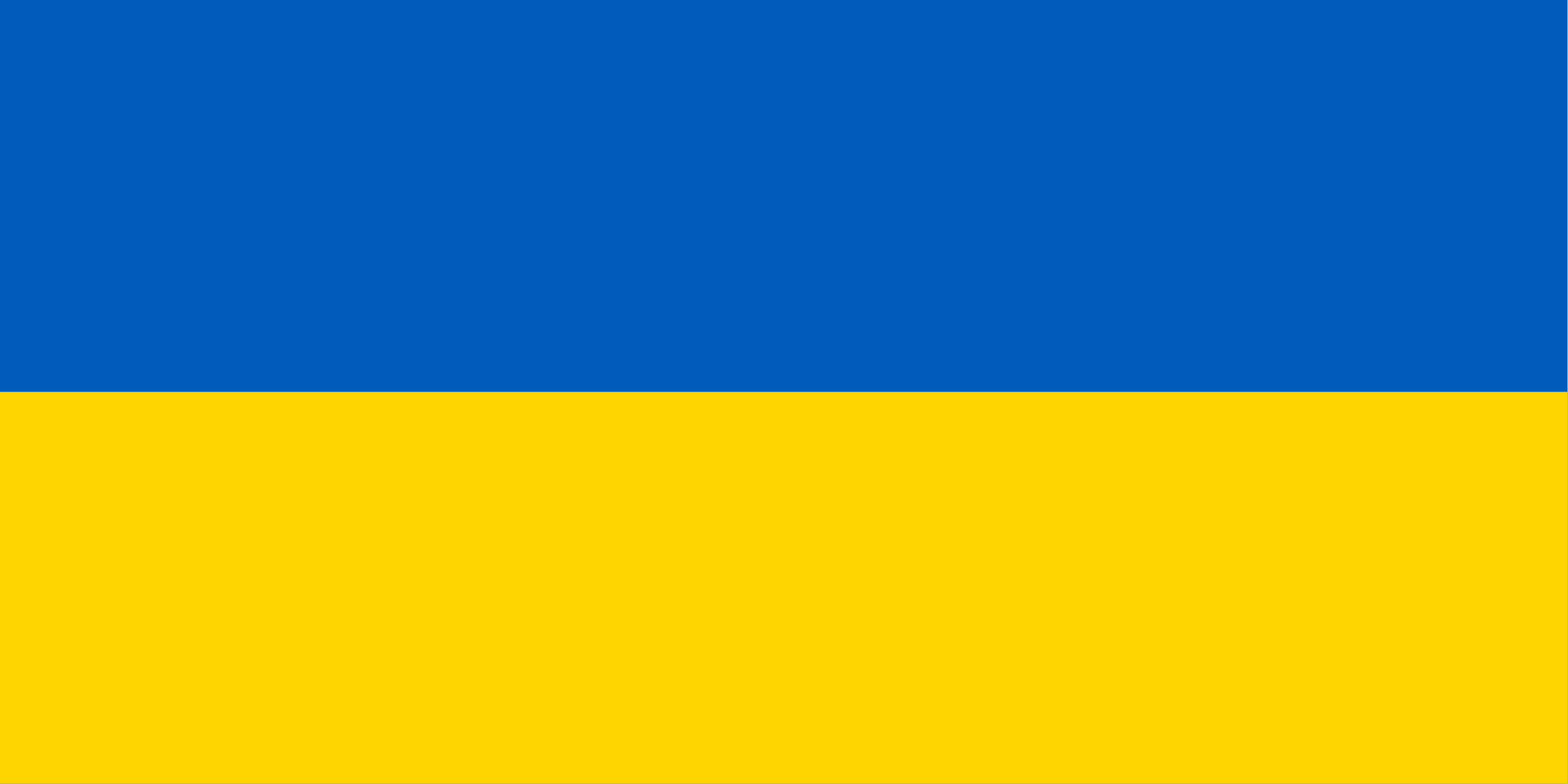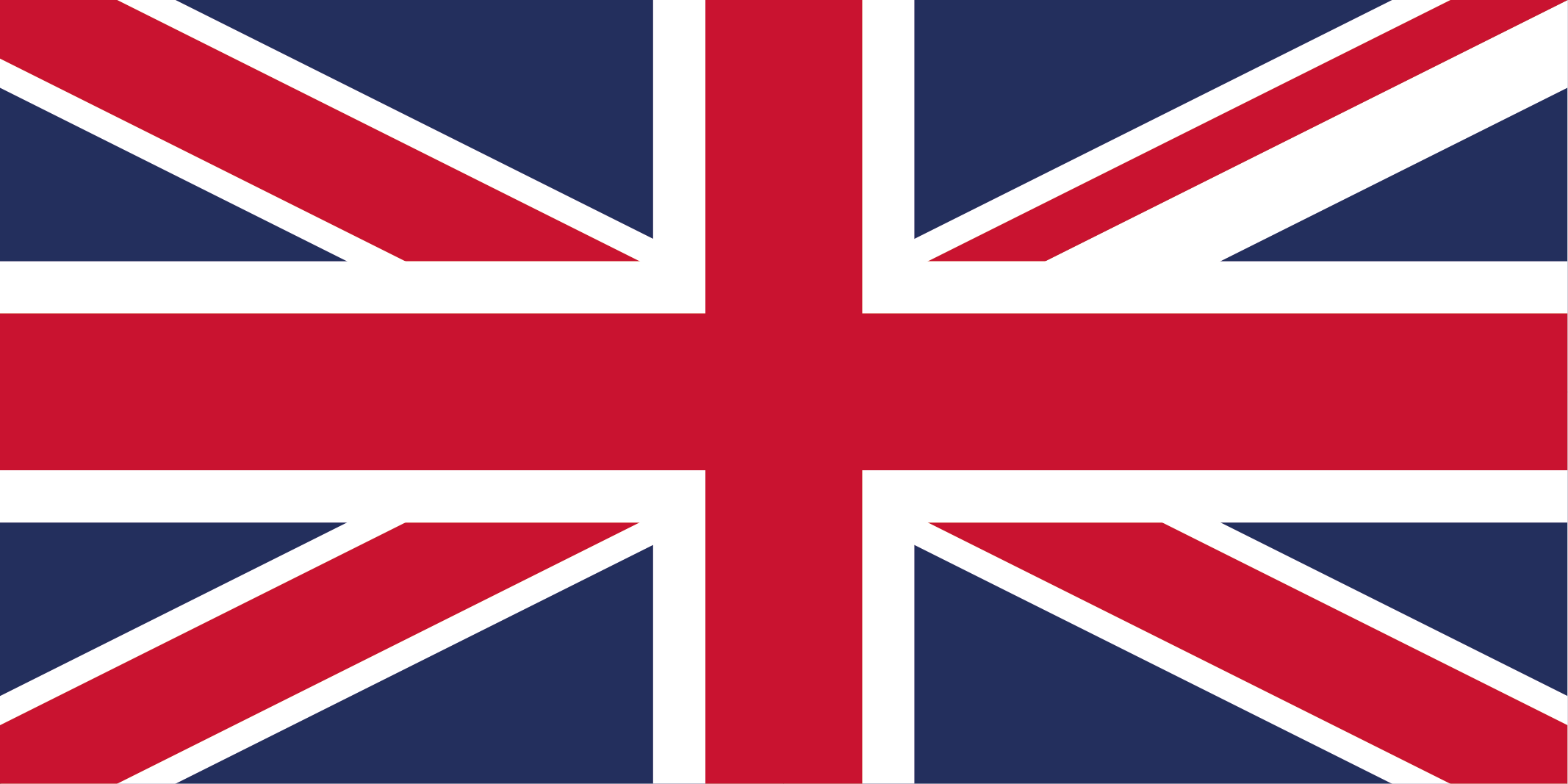Transportation of the Deceased from Norway: Reliable Organization and Support
The death of a loved one abroad is a heavy trial that is difficult to cope with alone. Especially when it comes to transporting the deceased's body across borders, including preparing documents and organizing the process itself. In such situations, relatives face not only emotional pain but also the necessity of complying with international and national regulations related to the transportation of the body back home.
Why Professional Assistance is Needed for the Transportation of the Deceased
Arranging repatriation on your own when a loss occurs outside the country is extremely challenging. The process of transporting the deceased is accompanied by numerous legal nuances, including the issuance of certificates, statements, and obtaining official permits. Professional help allows for the avoidance of mistakes that could lead to delays in the morgue or at the border. It is especially important to consider sanitary and religious norms, as these influence the subsequent burial procedure.
Necessary Documents for Transportation
Main Package of Certificates and Permits
- Medical death certificate
- Hereditary certificate
- Permit for the export of the body from local authorities
- Document on embalming (for air transport)
- Translations and notarization of all papers
Each document must be prepared in accordance with international law requirements. Translating into the official language of the destination country is a mandatory step before the body transportation can be organized. Without a complete package of necessary documents, it is impossible to legally cross the border, even if the documentation process has already begun.
Stages of Preparation and Transportation of the Body
How to Organize Proper Logistics
The entire process begins with preparing the body in the morgue. In the case of an infectious disease, additional safety measures may be required. Next, embalming is done, and the body is placed in a zinc coffin, hermetically sealed according to international standards. Only after this is transportation of the body to another country permitted. The packaging of the body is carried out by specialists from the funeral bureau who possess the necessary international license.
Delivery to the Burial Site
After crossing the border, the final stage begins — transportation to the chosen burial site. This part of the work includes logistics, customs documentation, and interaction with local authorities. The deceased may be transported either by ground or by air, depending on the situation. In the case of cremation, it is possible to deliver the ashes in an urn, with separate papers also required for this process.
Special Cases in the Transportation of the Deceased
If death occurs as a result of a traffic accident or mishap, additional documents may be required — for example, police reports or examination protocols. This increases the number of preparation stages but does not make the process impossible. Transportation of ashes is also possible if the family has chosen cremation instead of traditional burial. Such cases require careful attention to detail and adherence to all procedures.
Additional Funeral Services
What Else May Be Required
- Translation and legalization of all foreign documents
- Body escort to and from the border
- Organizing the receiving party at the airport
The professional bureau provides comprehensive funeral services, including coordination of all stages — from sending the body to burial. Relatives can delegate these actions, freeing themselves from organizational concerns. Support is provided at all stages, along with updates on the status of the process.
Consultations and Family Support
Each family receives a personal consultation on all stages related to repatriation. From the initial inquiry to the completion of the funeral, the bureau's staff remain in contact, assisting with paperwork, transportation, and ceremony organization. This ensures that the process goes smoothly, adhering to deadlines and regulations, which is crucial during the international transportation of the deceased. The family gains confidence that everything will be done respectfully and according to standard practices.
Conclusion: Why Trust Professionals
Transporting the body of the deceased back home is a complex task involving many stages, requirements, and documents. Organizing such a procedure independently is nearly impossible. Only an experienced funeral service team can provide a complete range of services — from paperwork to delivery. By trusting professionals, one can be assured of accuracy, efficiency, and respectful treatment of the deceased's memory. This helps preserve the dignity of the family and conduct the farewell in accordance with all traditions.






